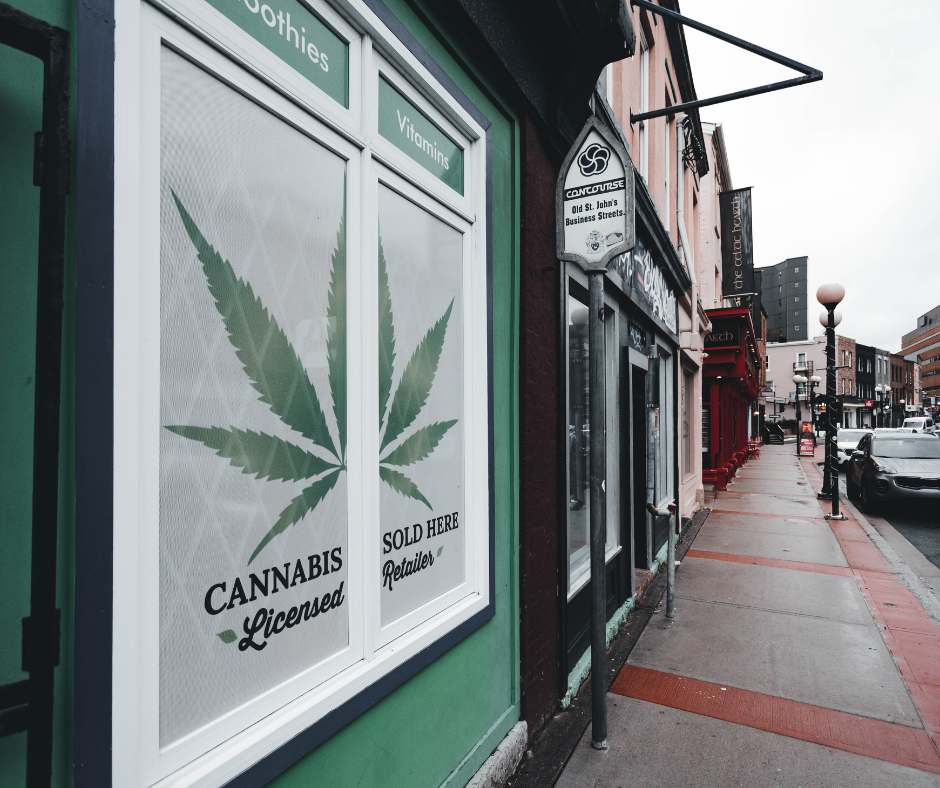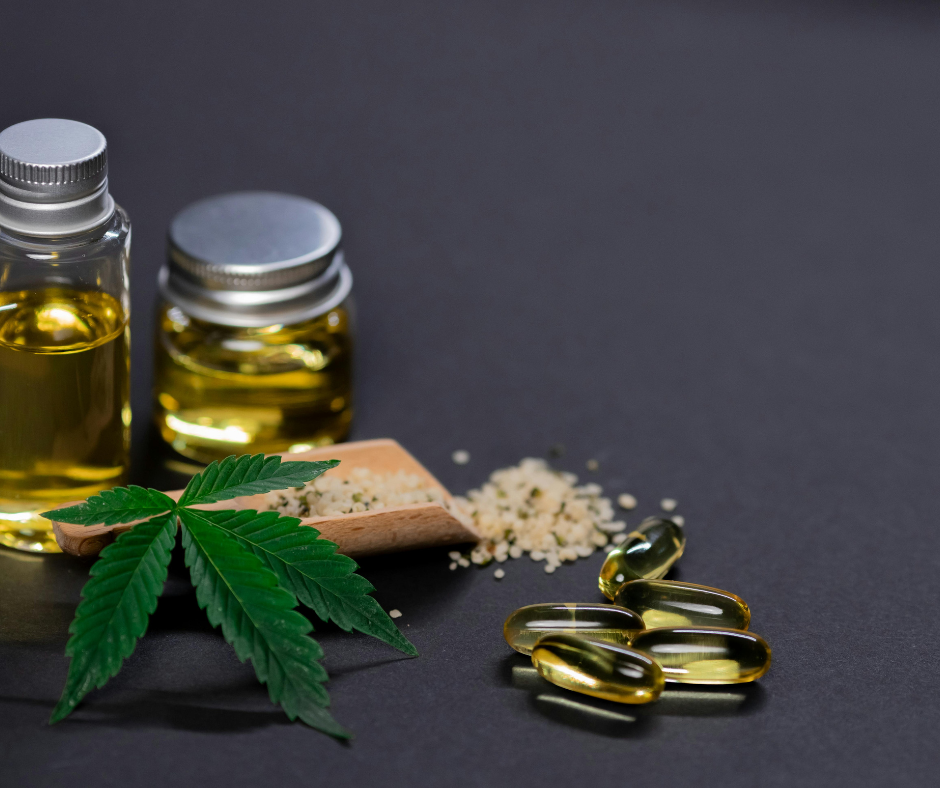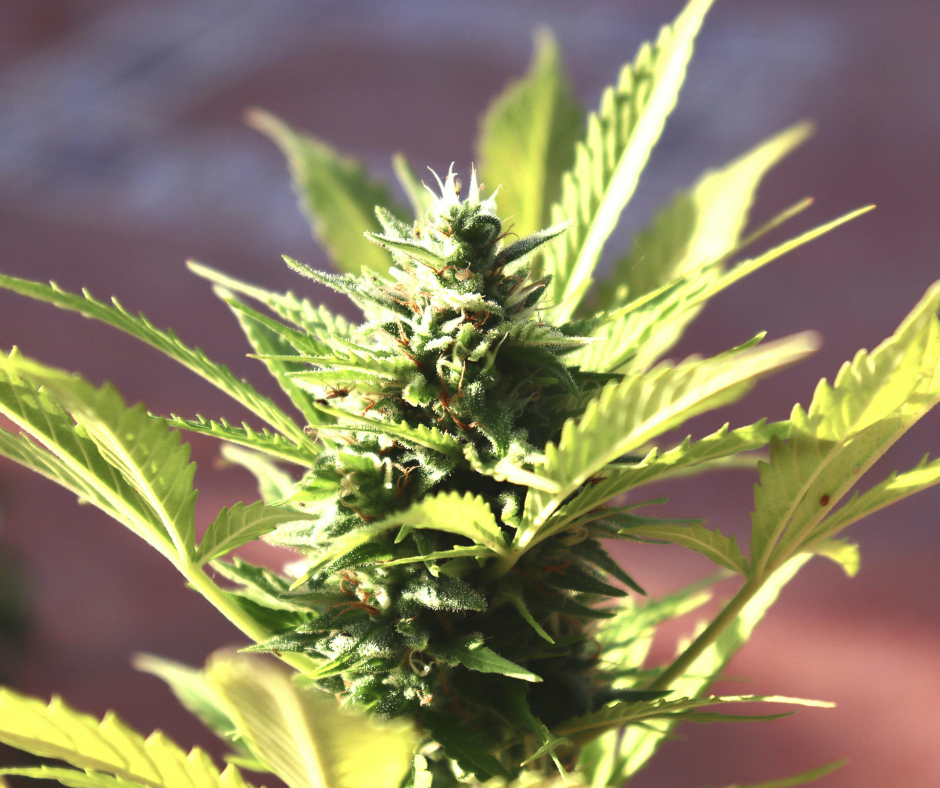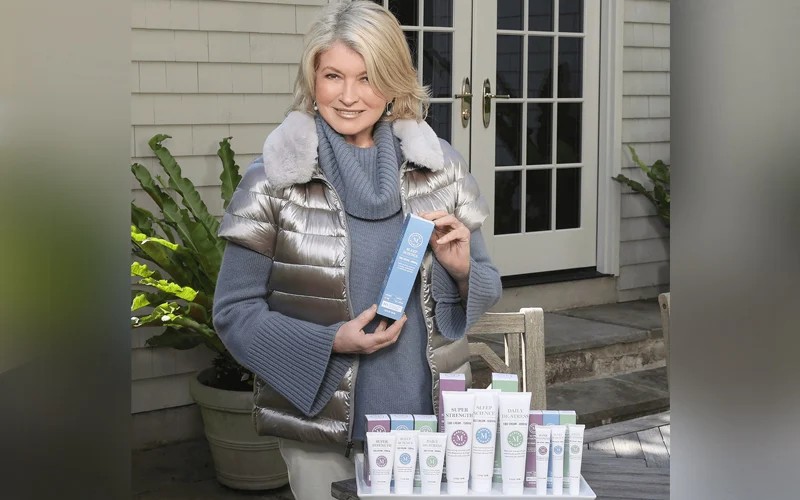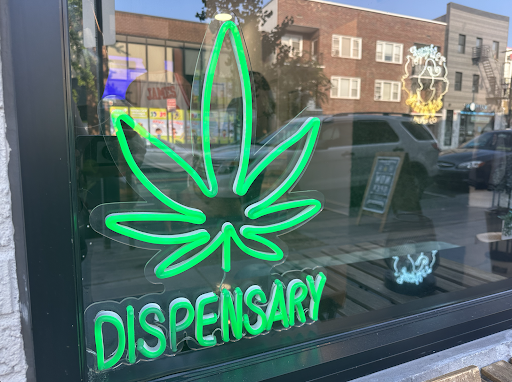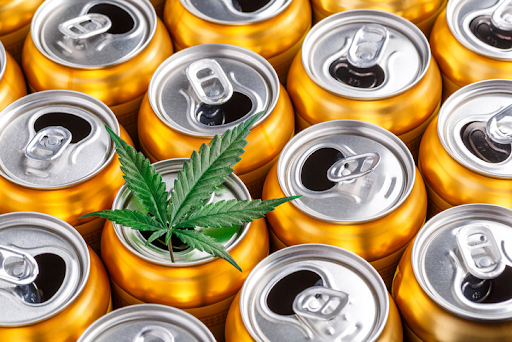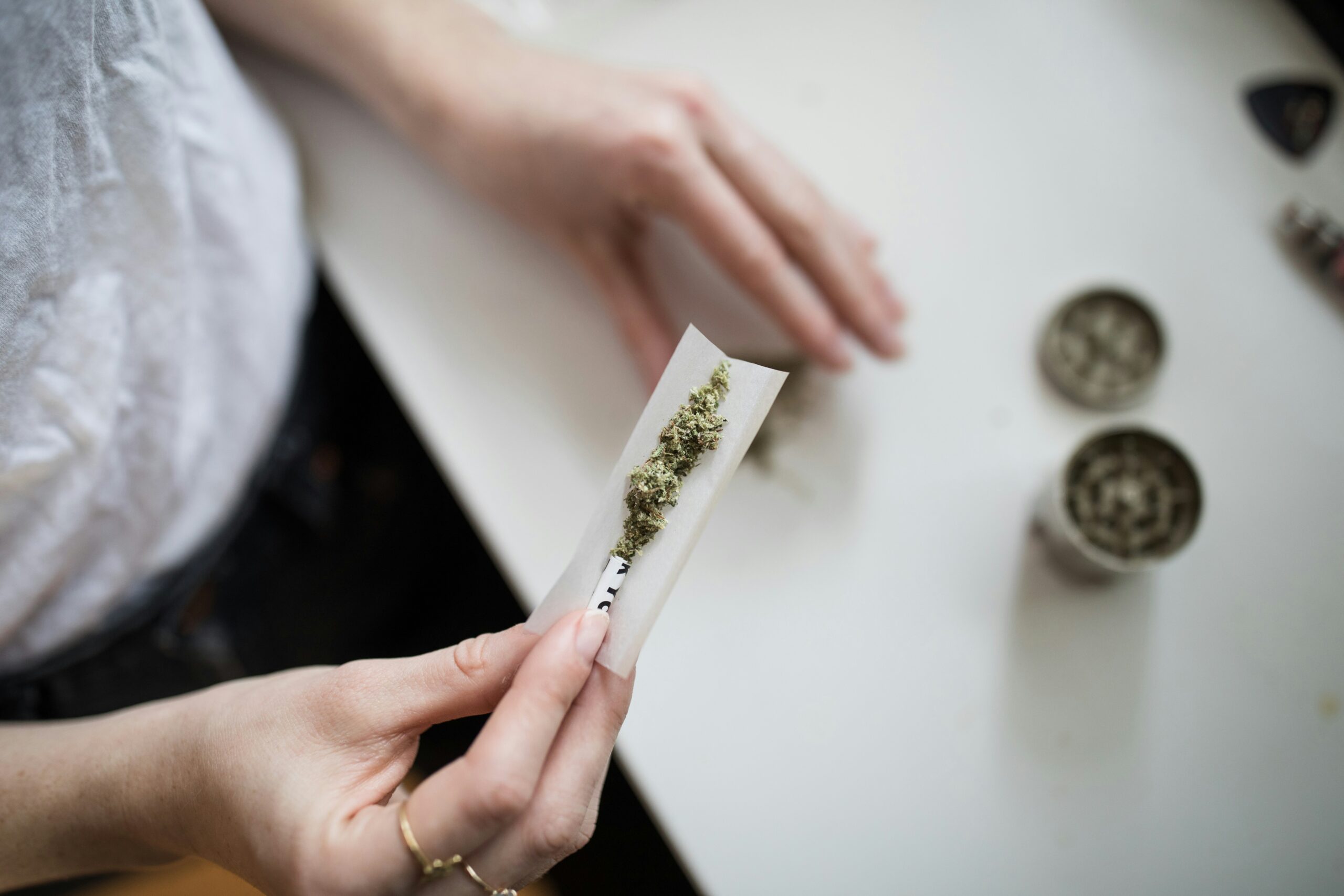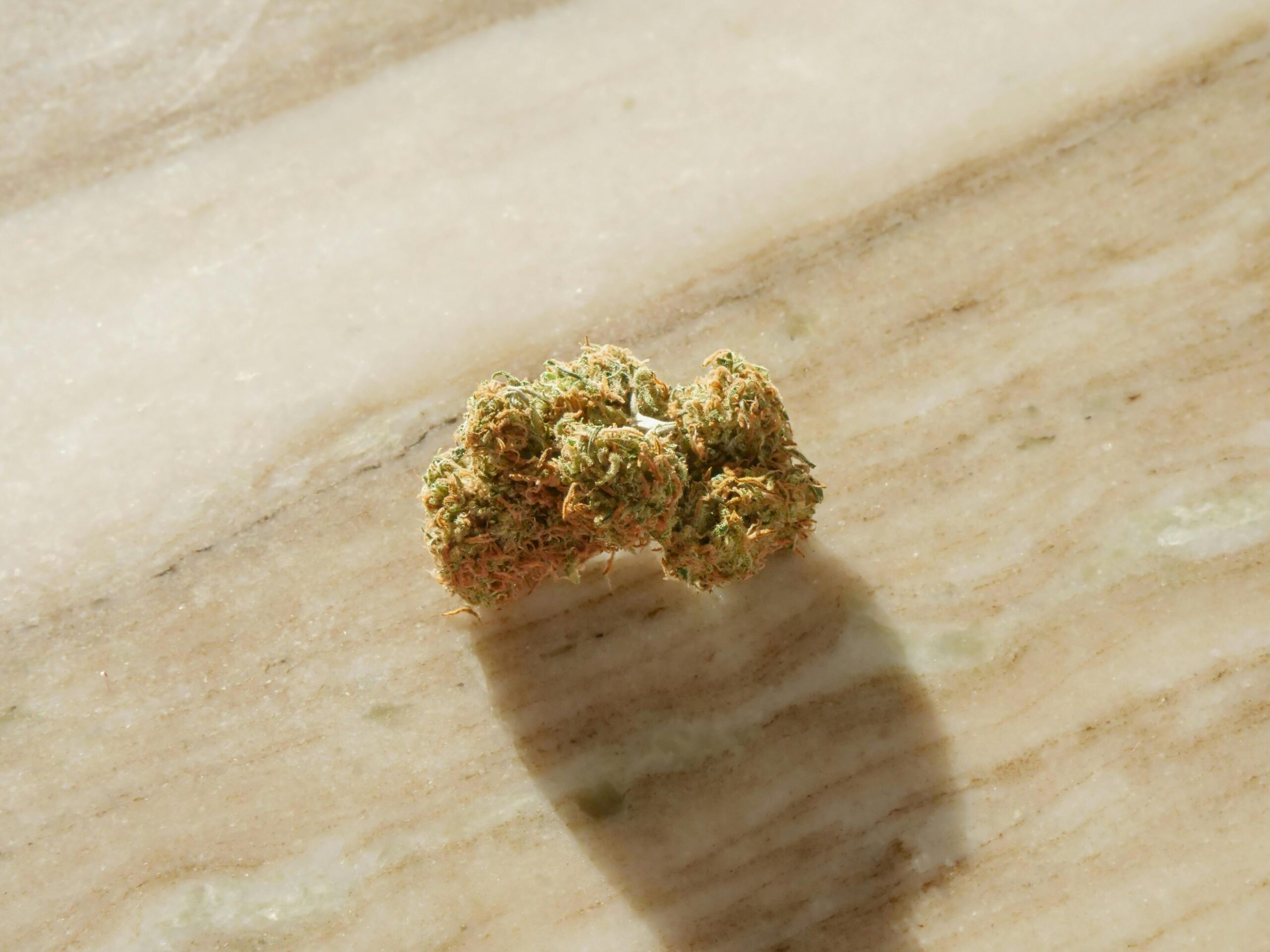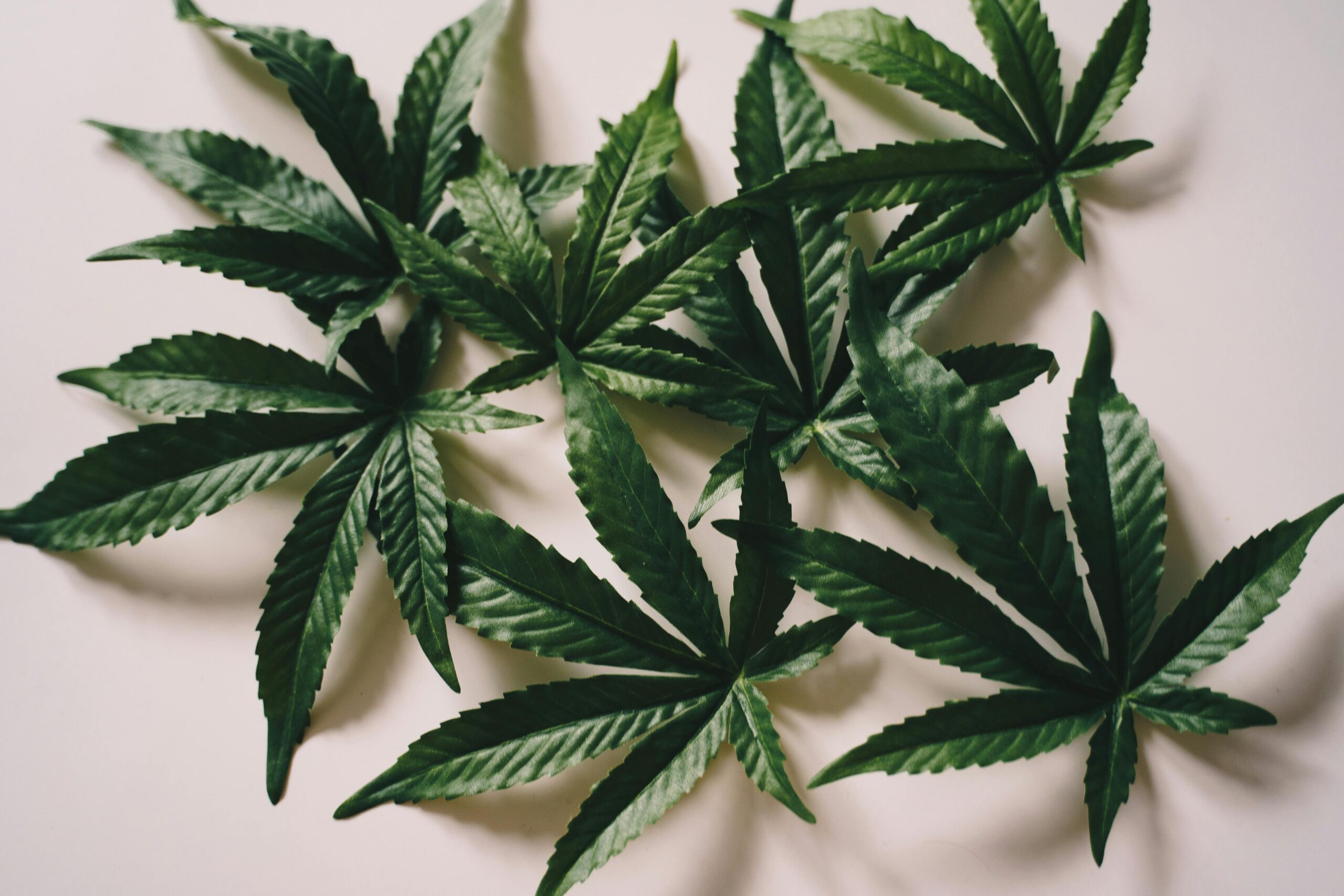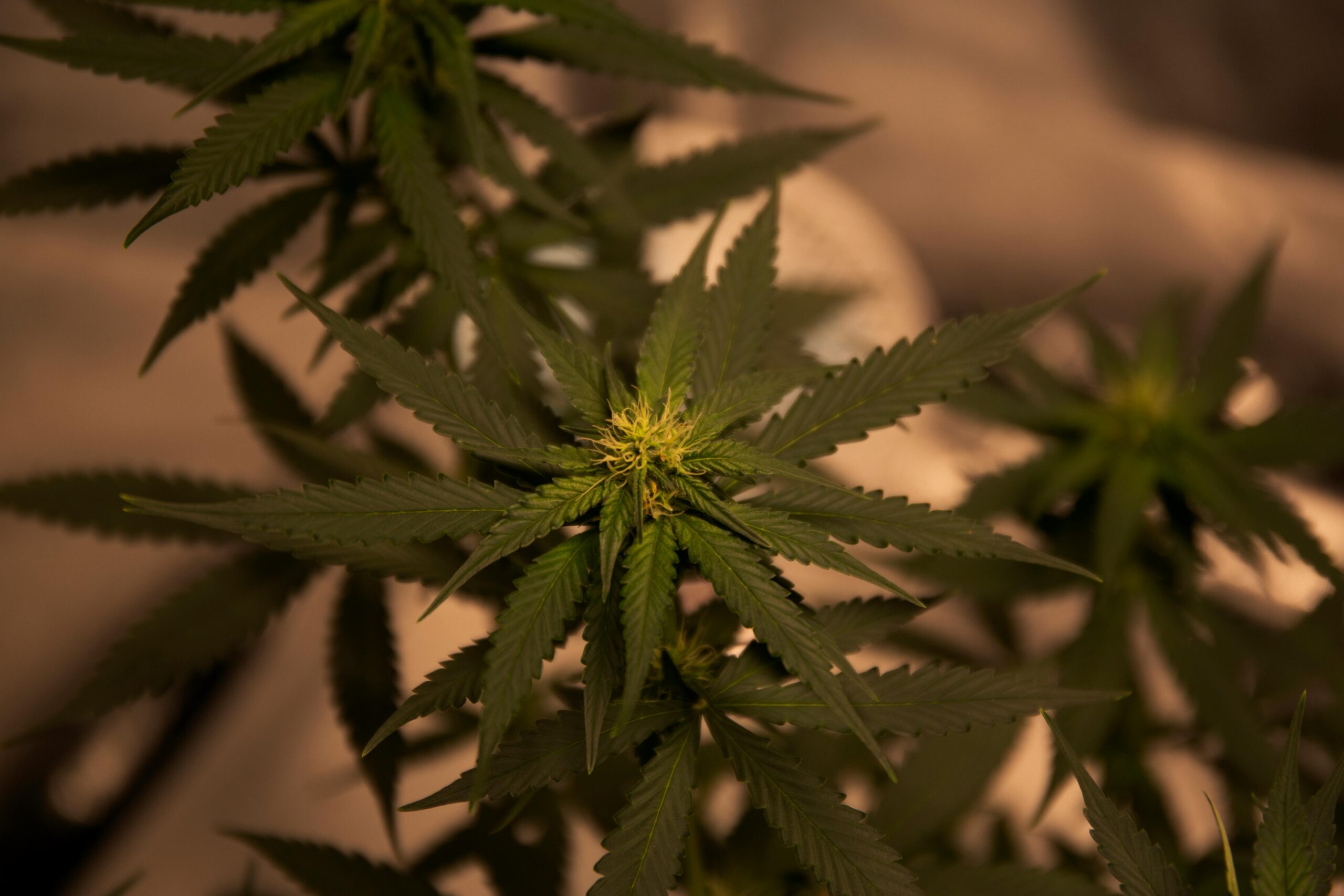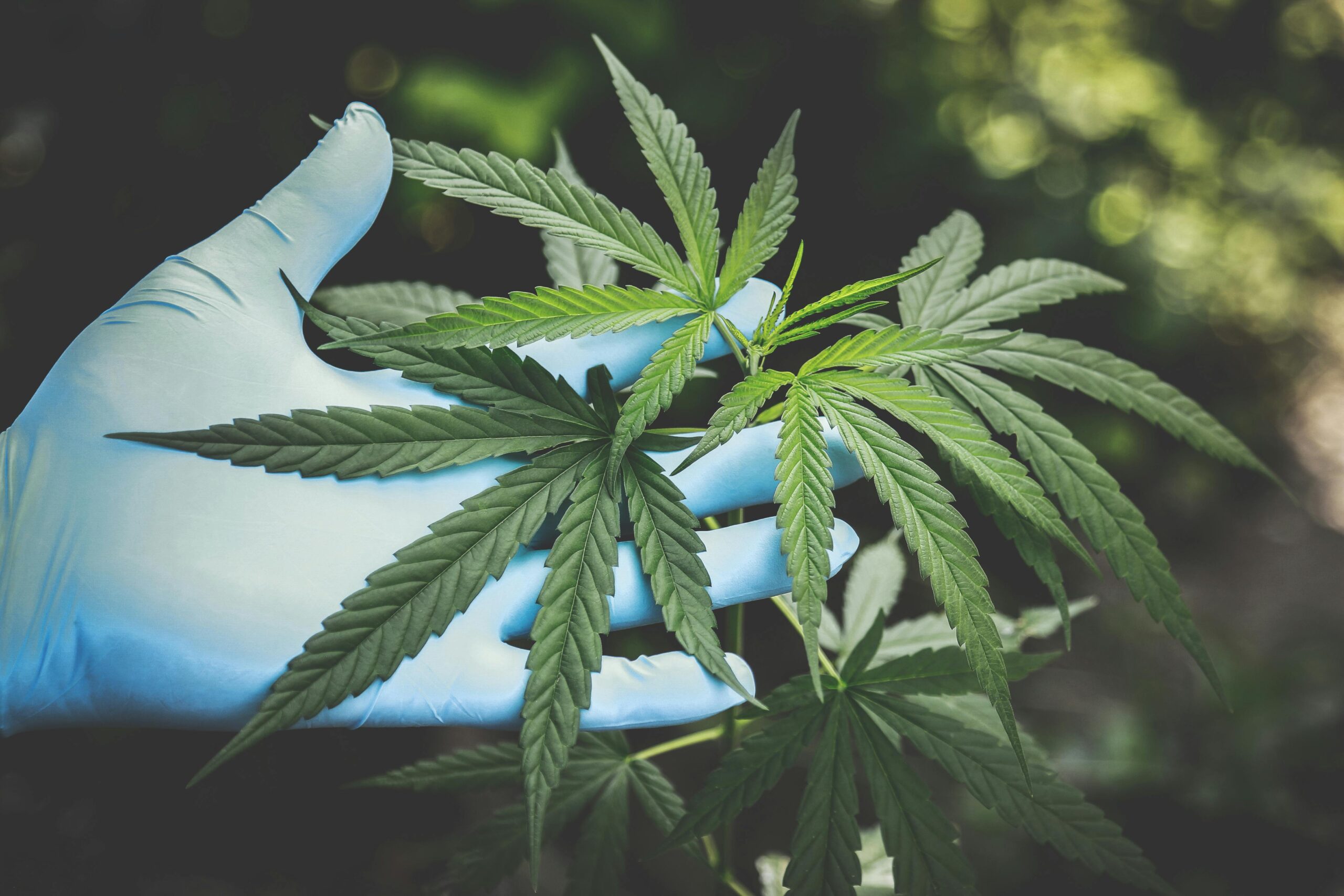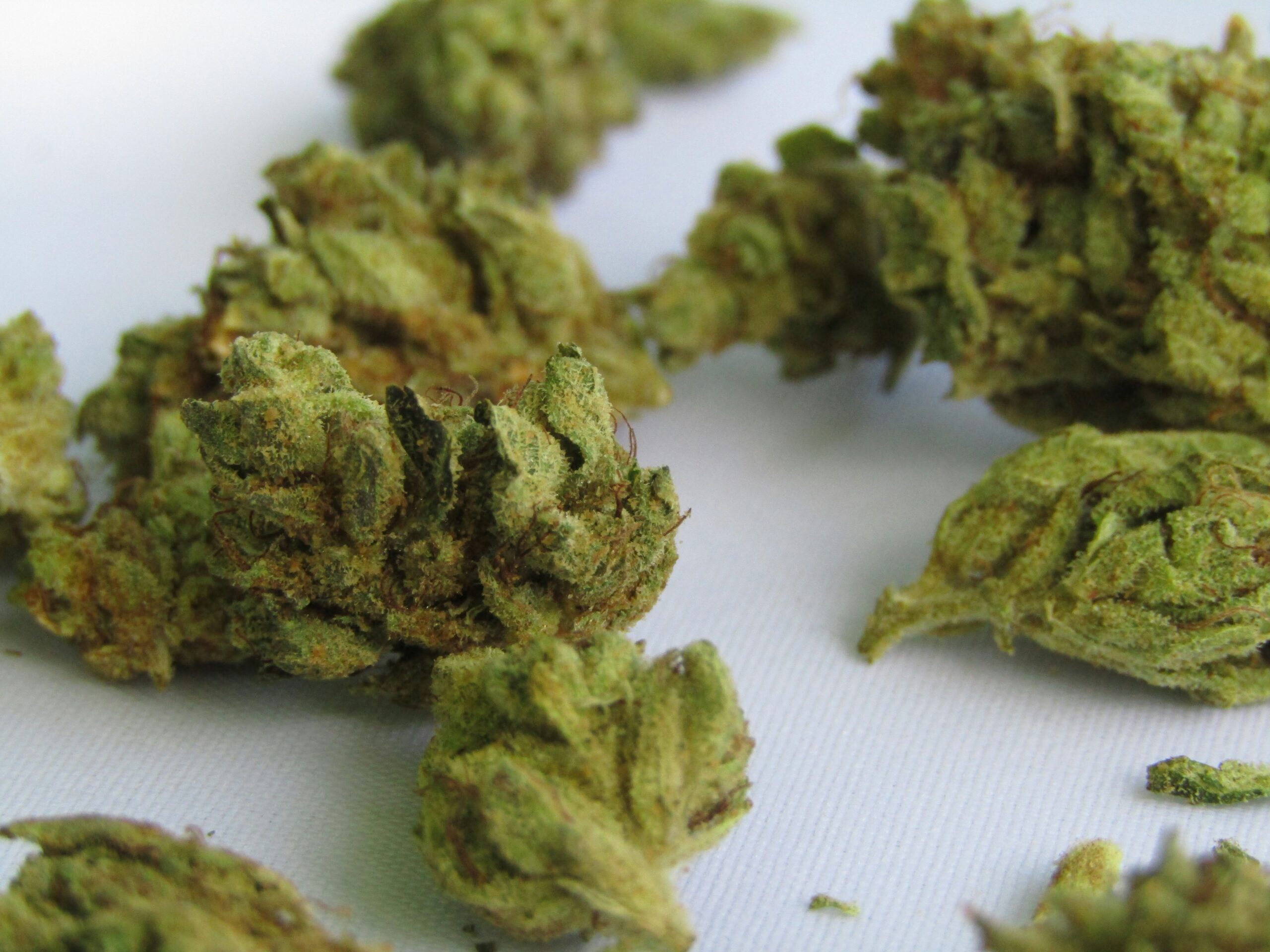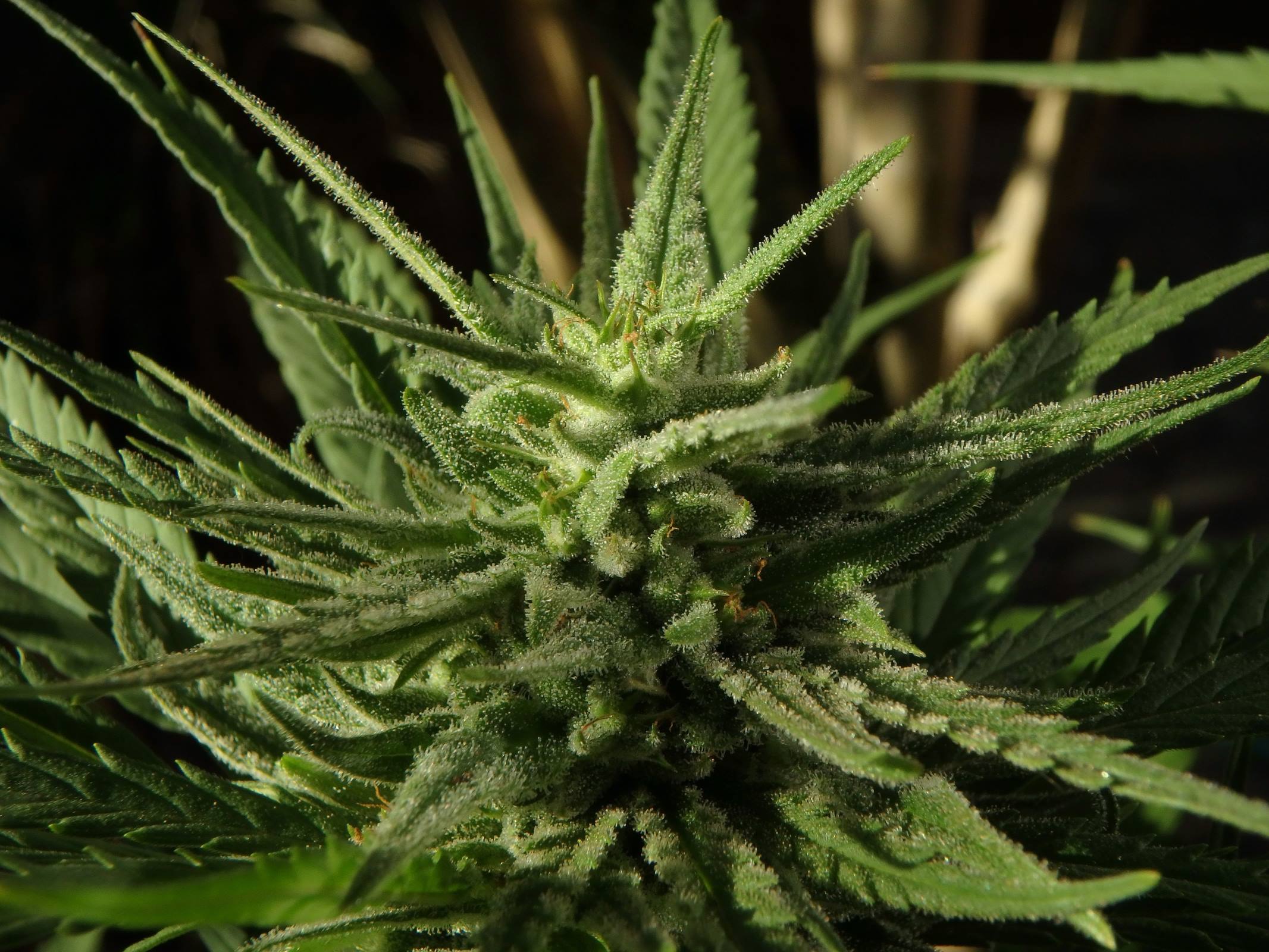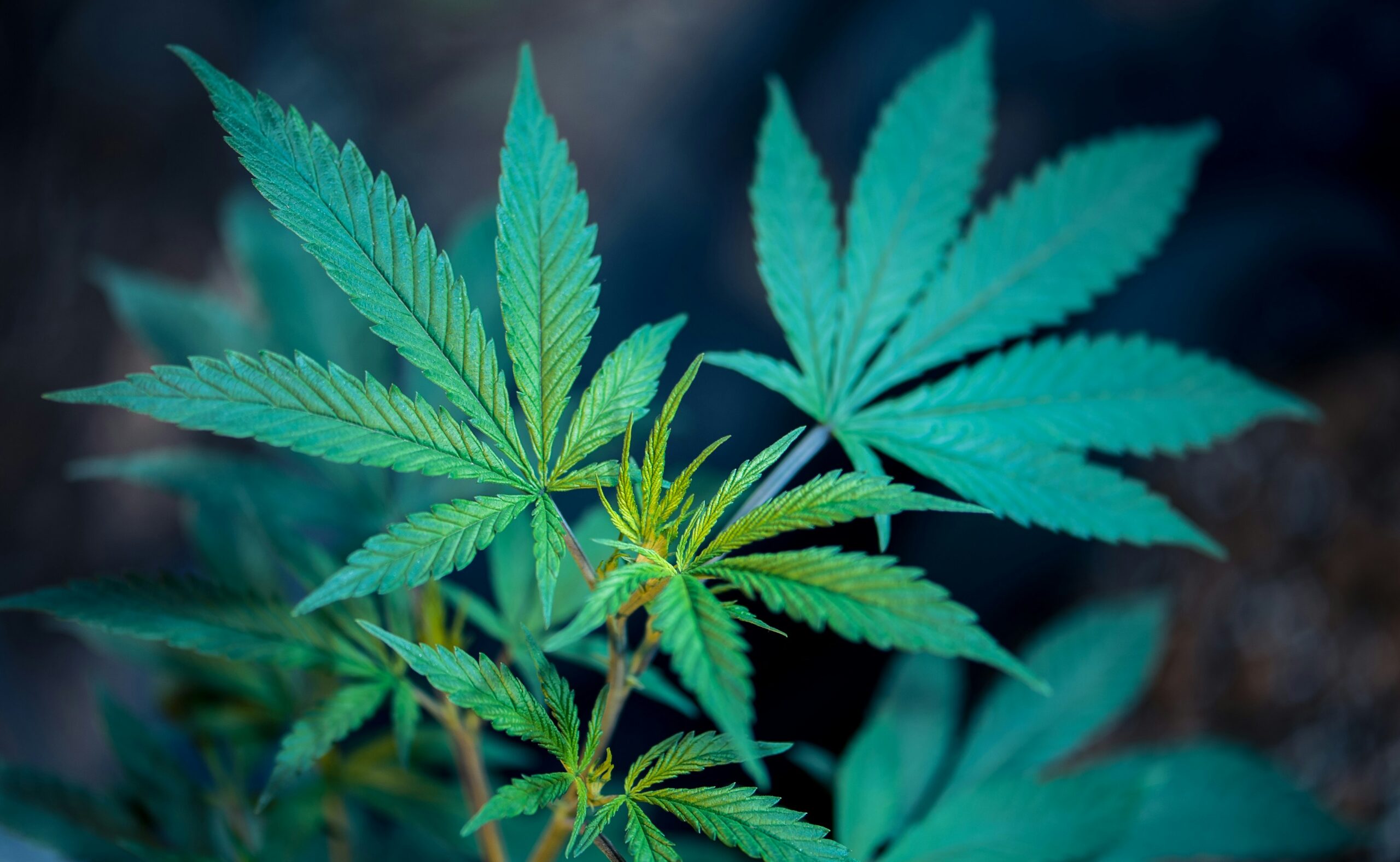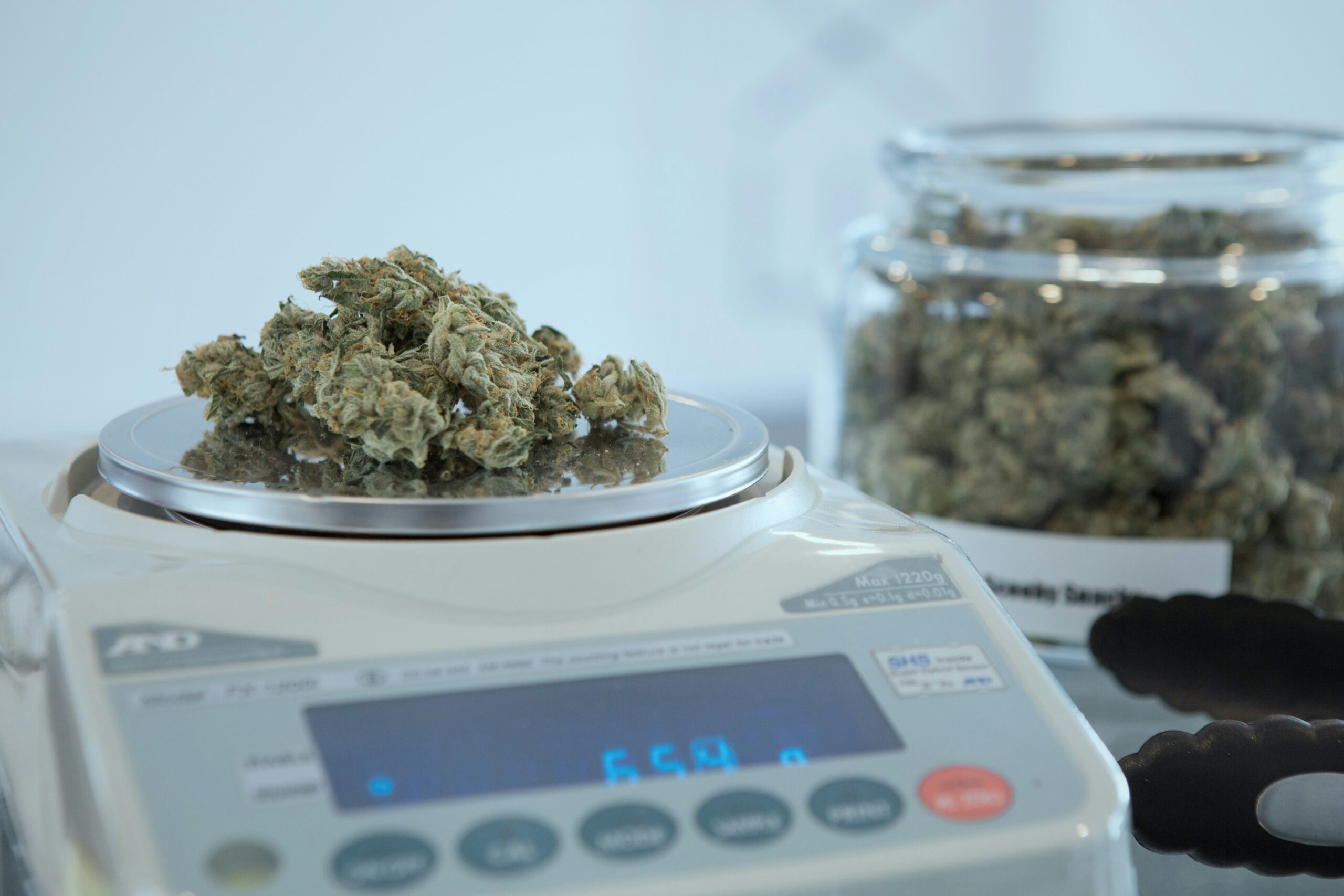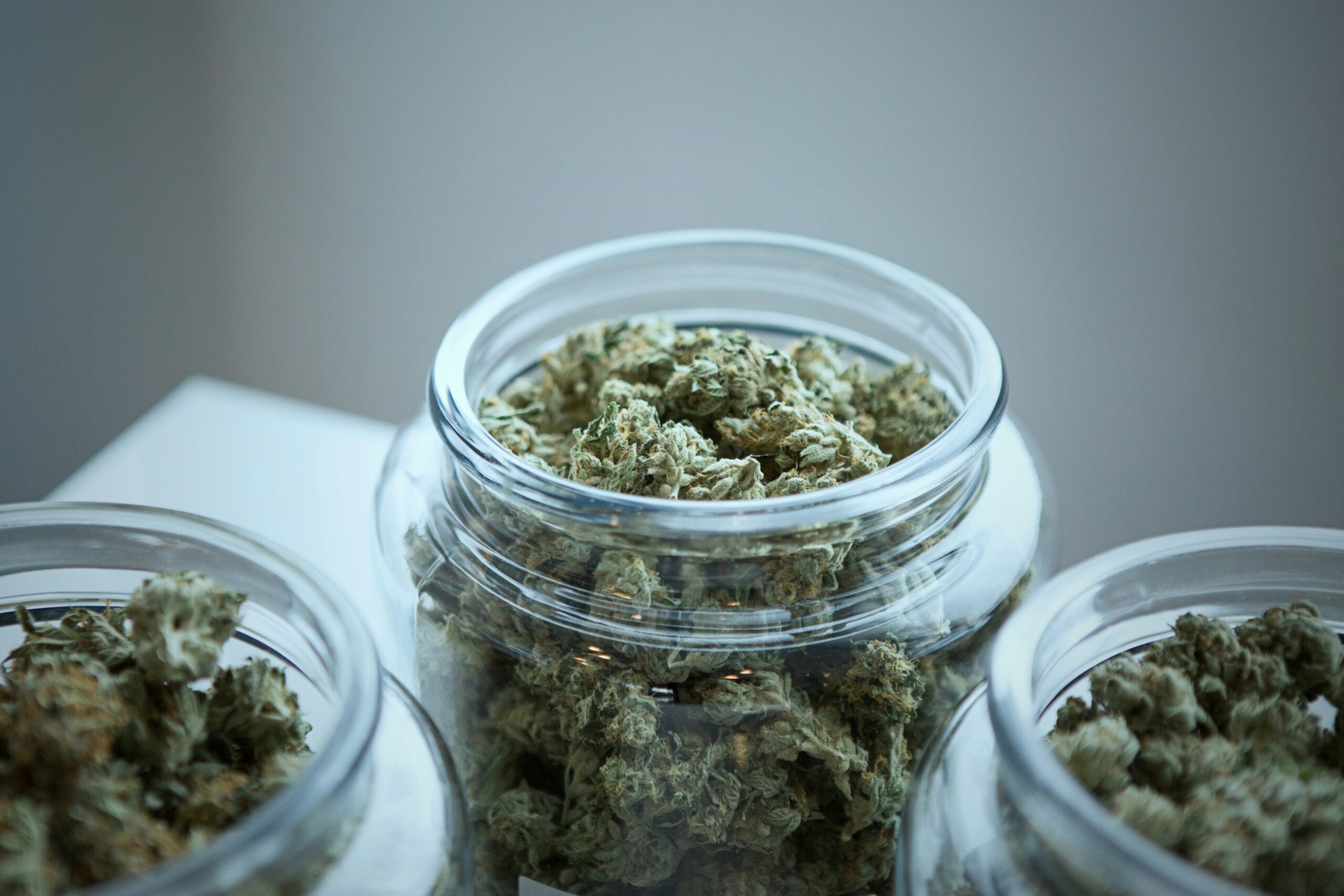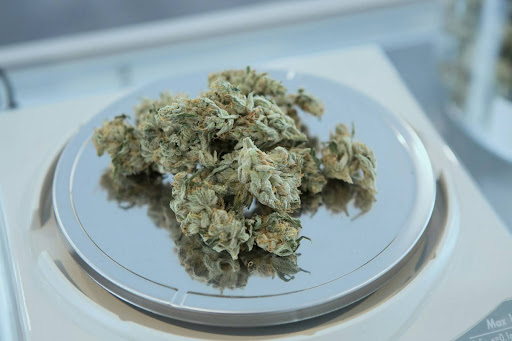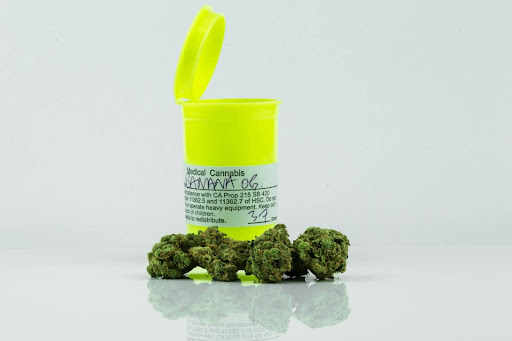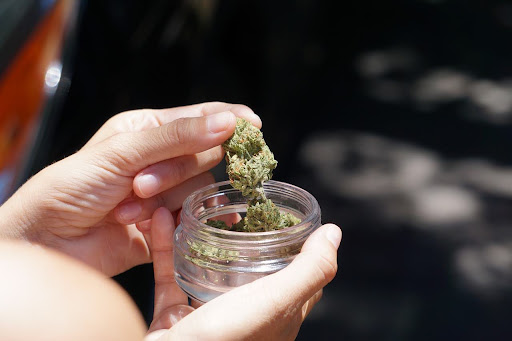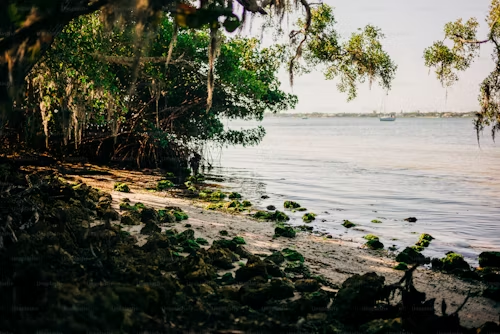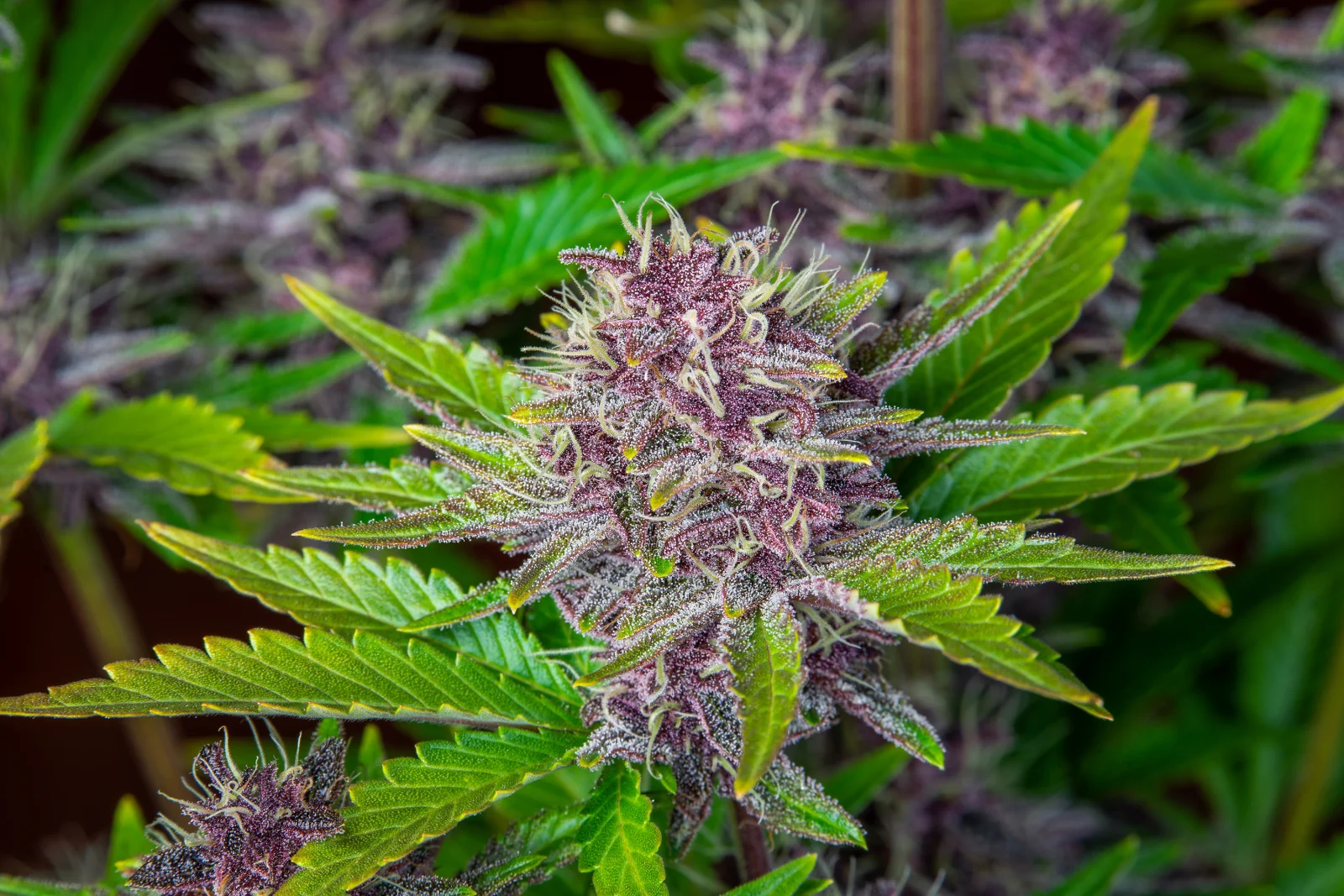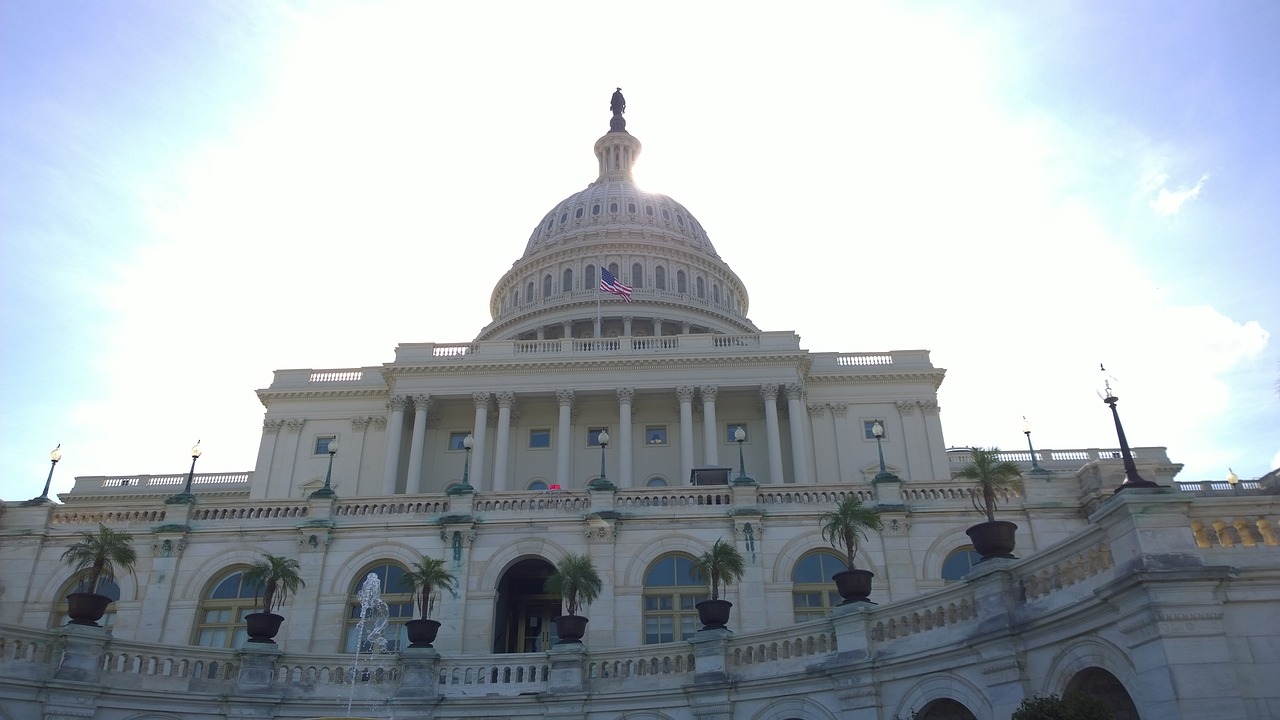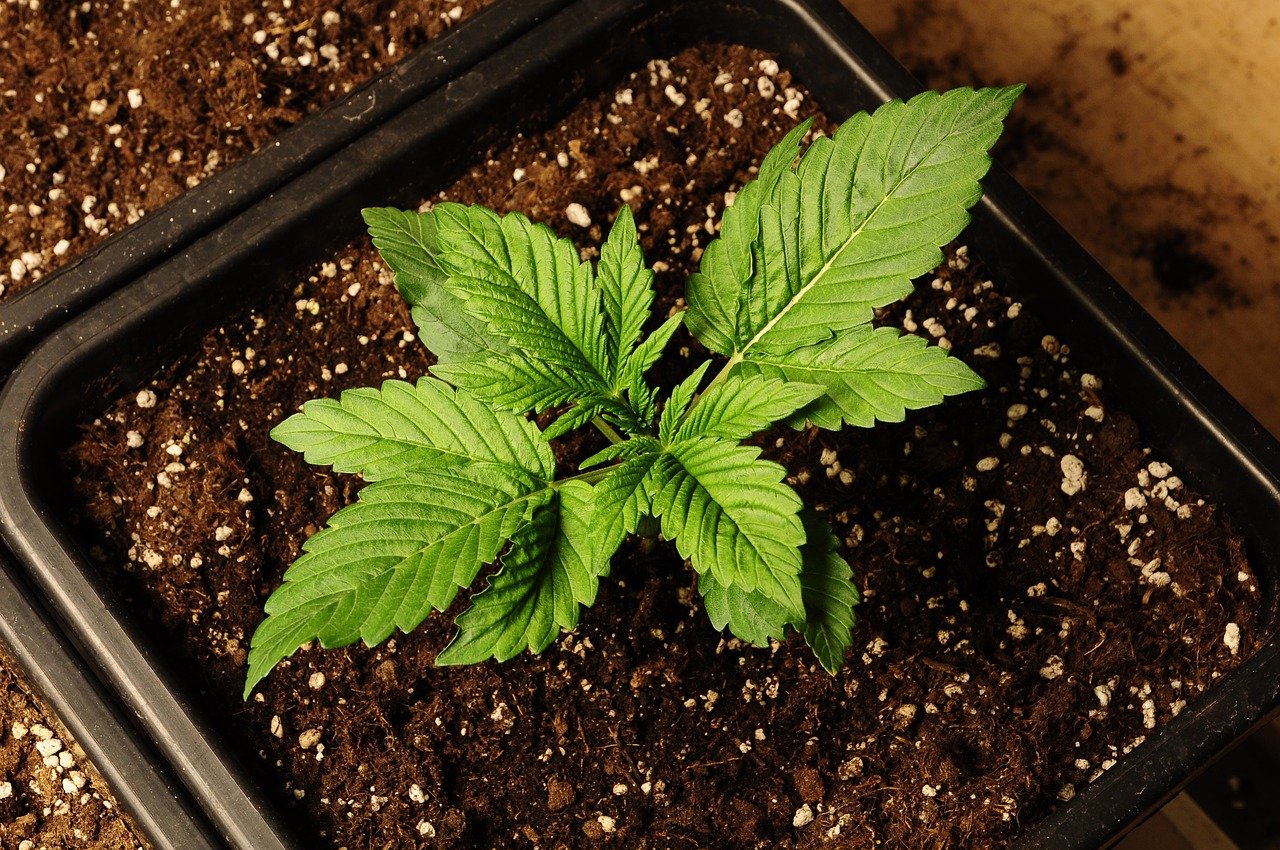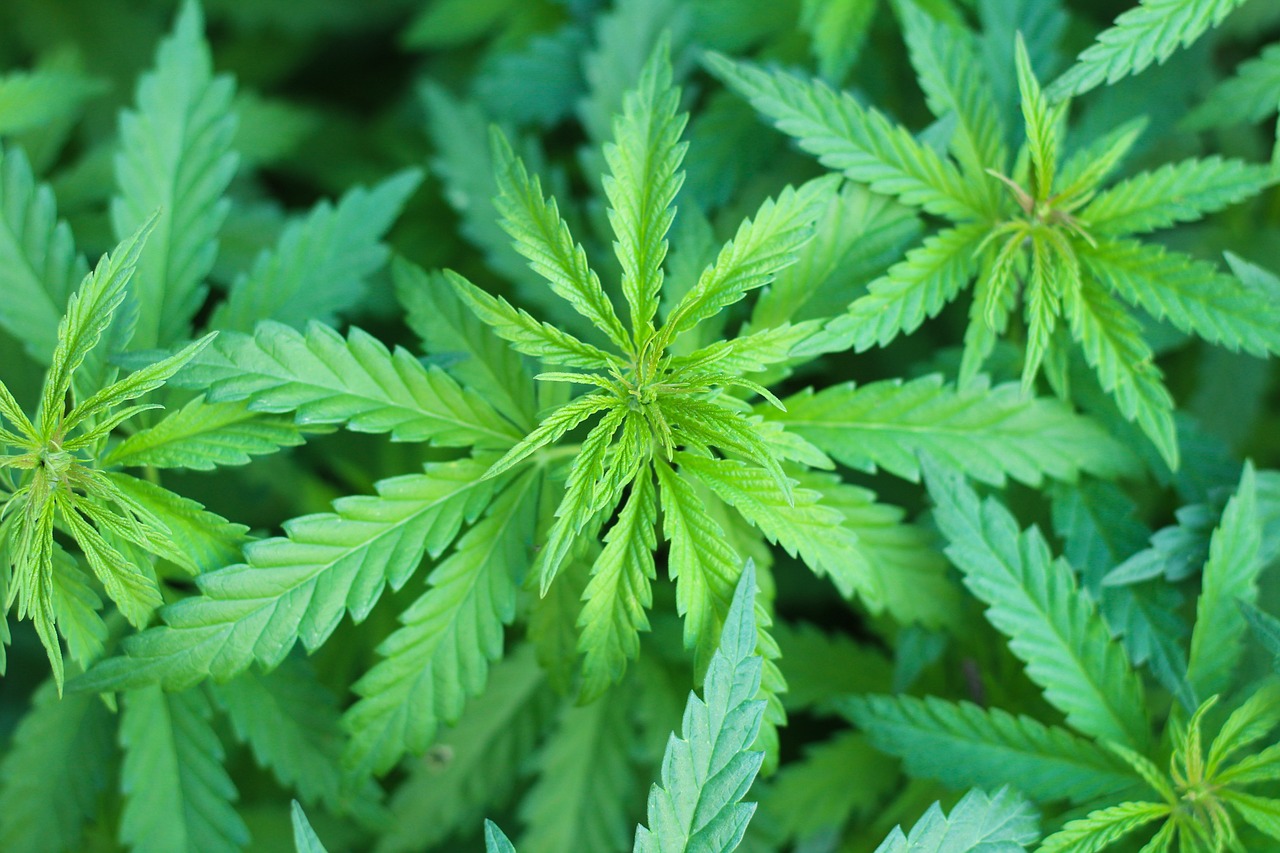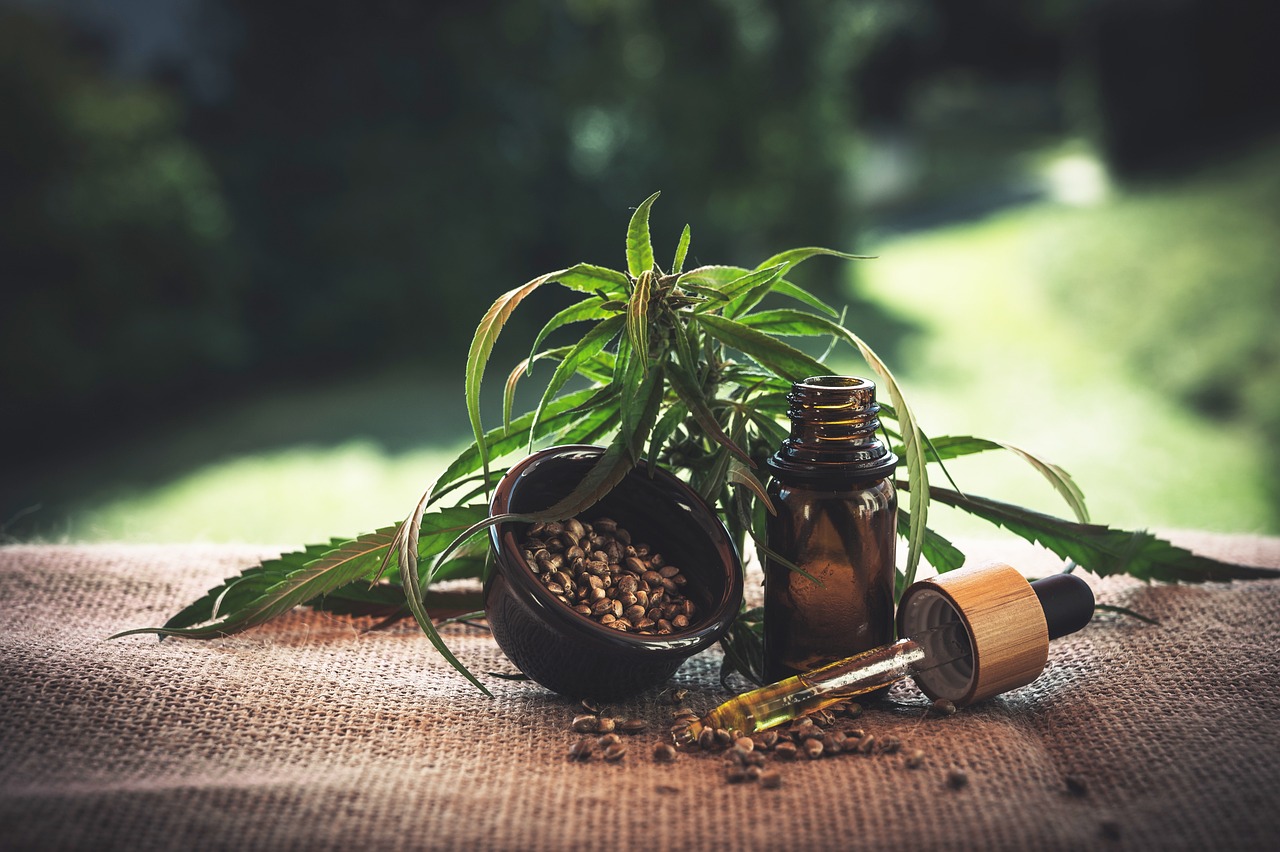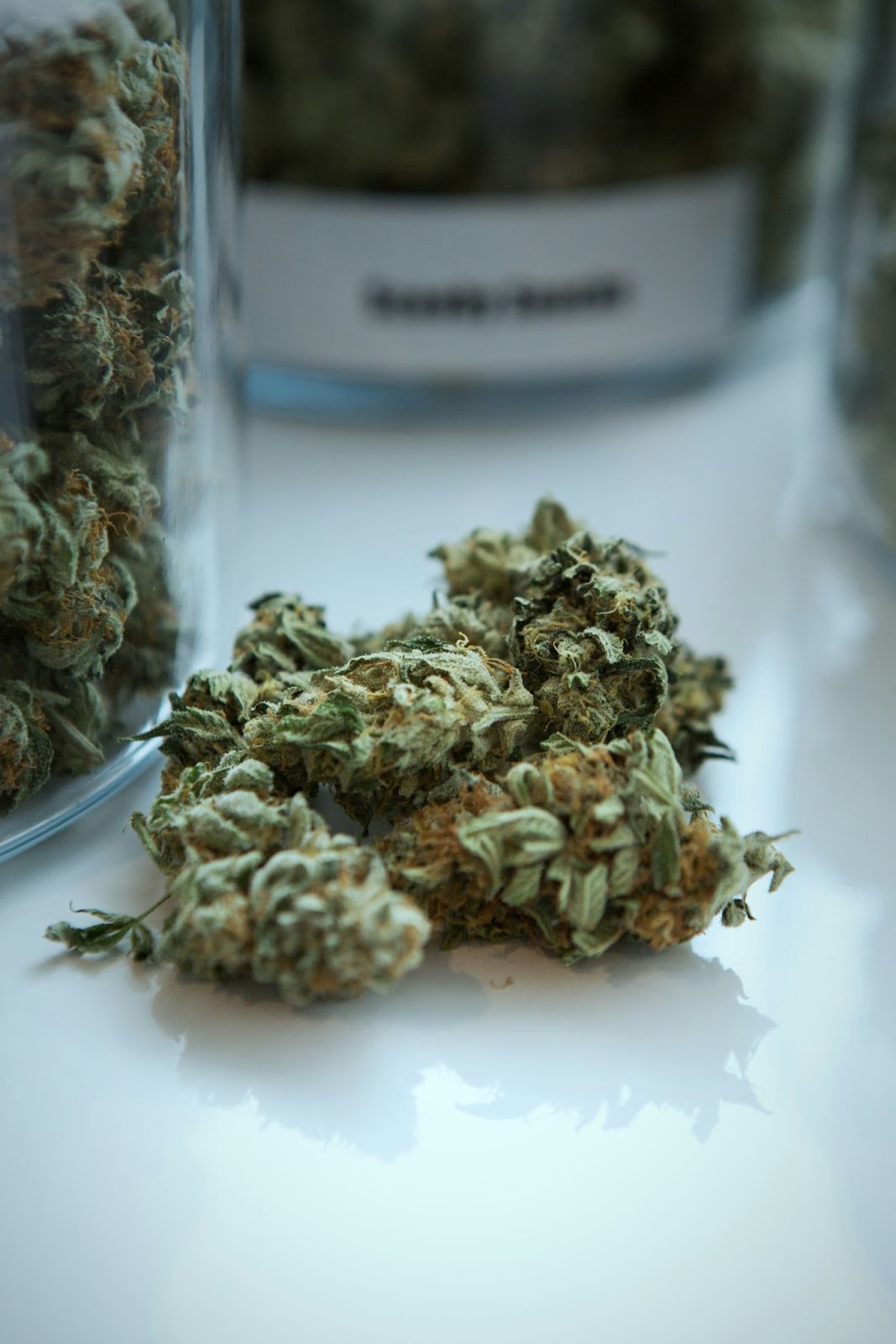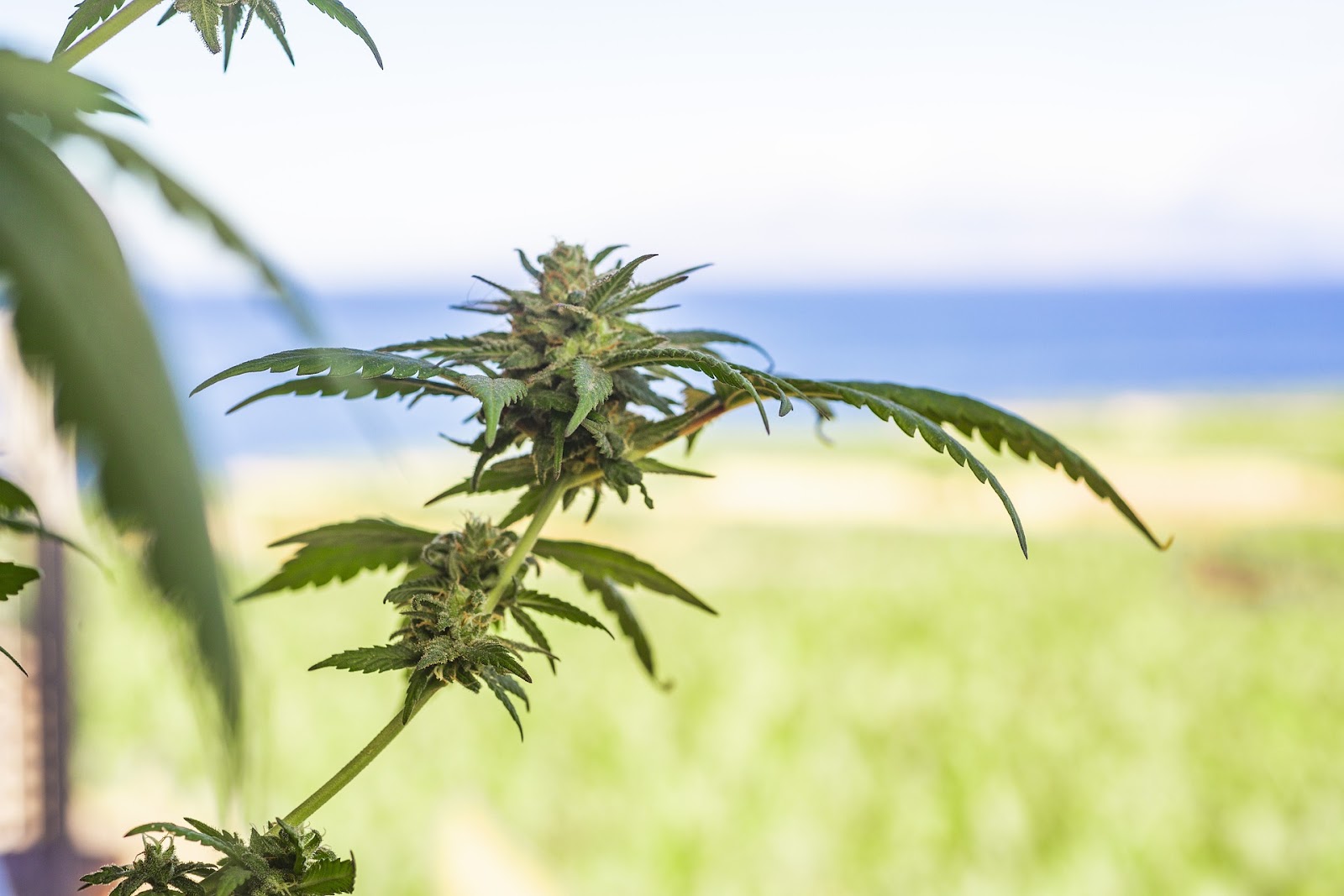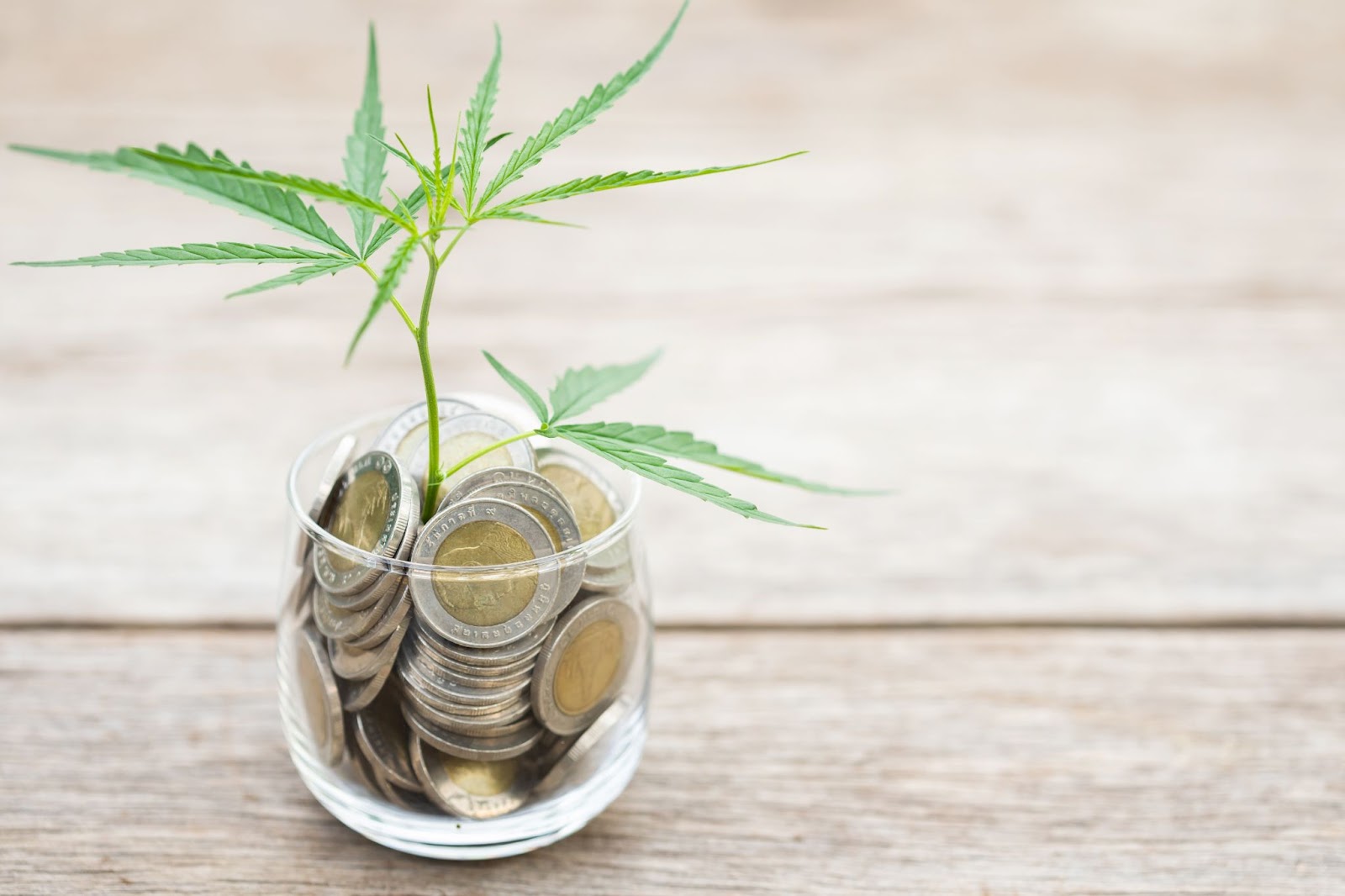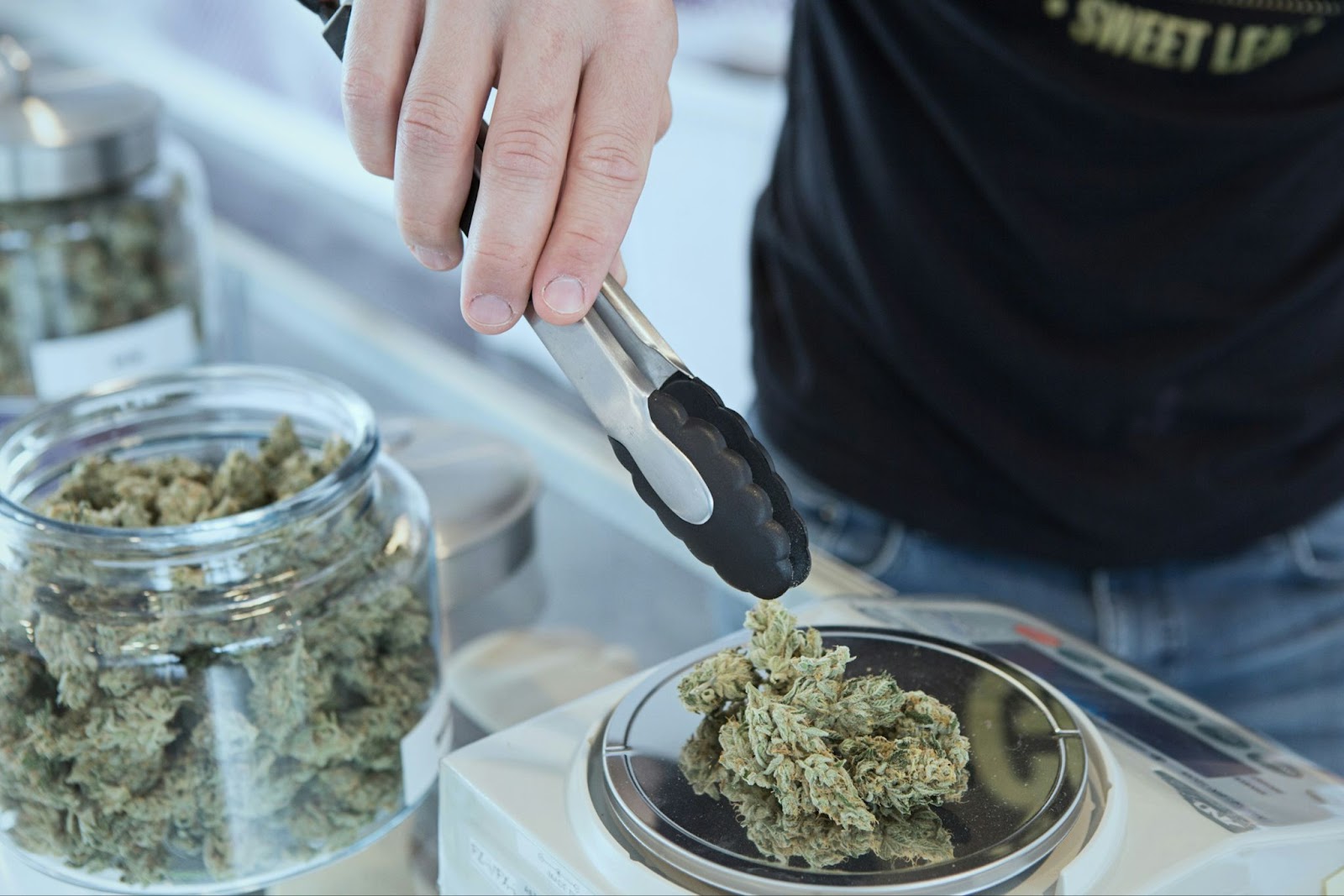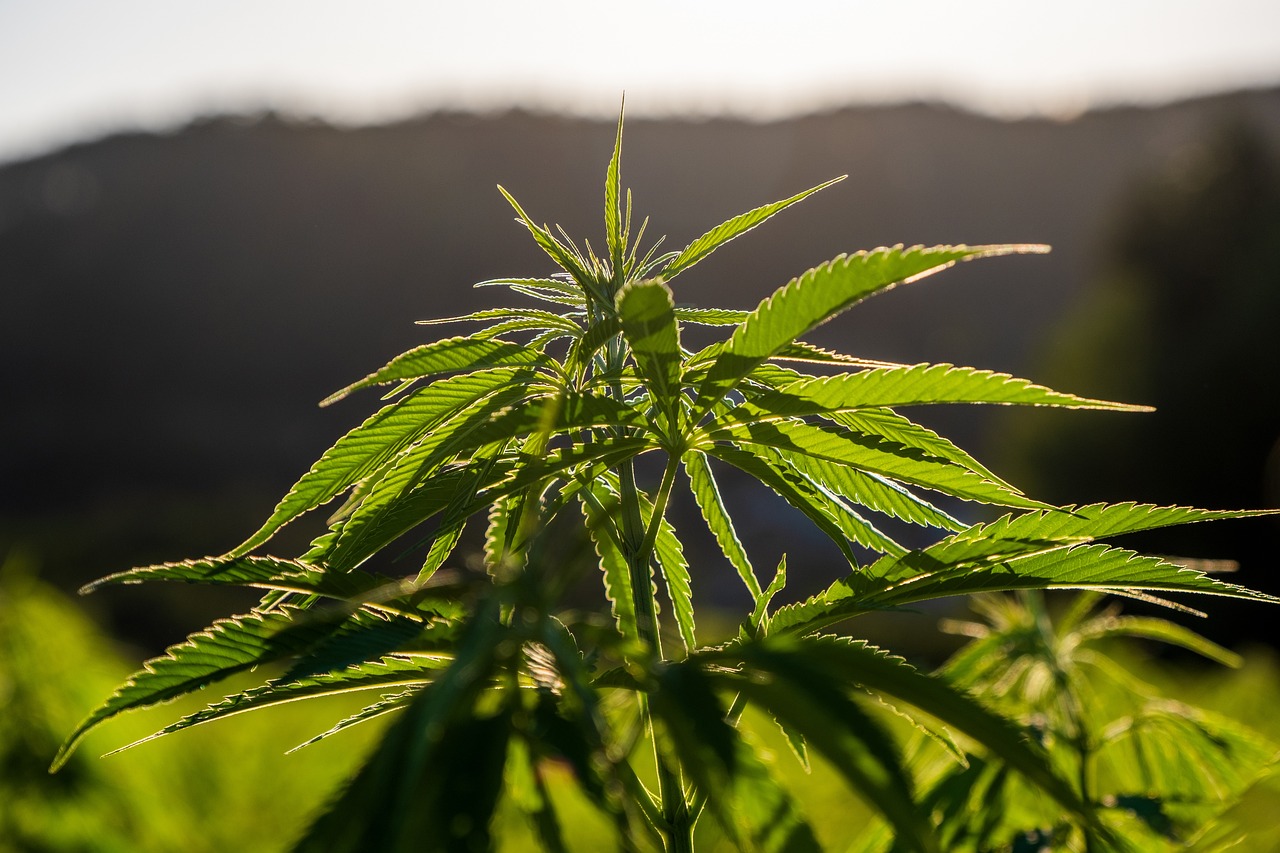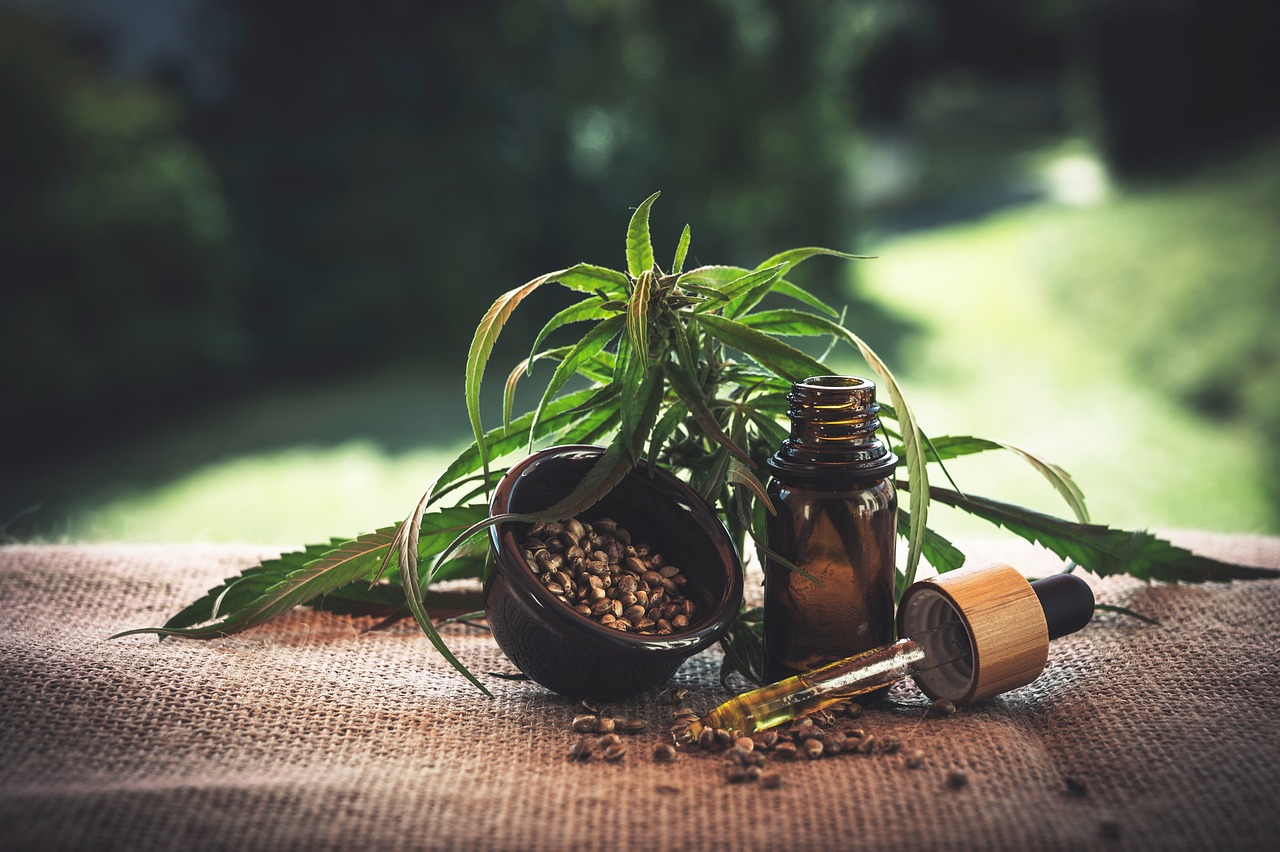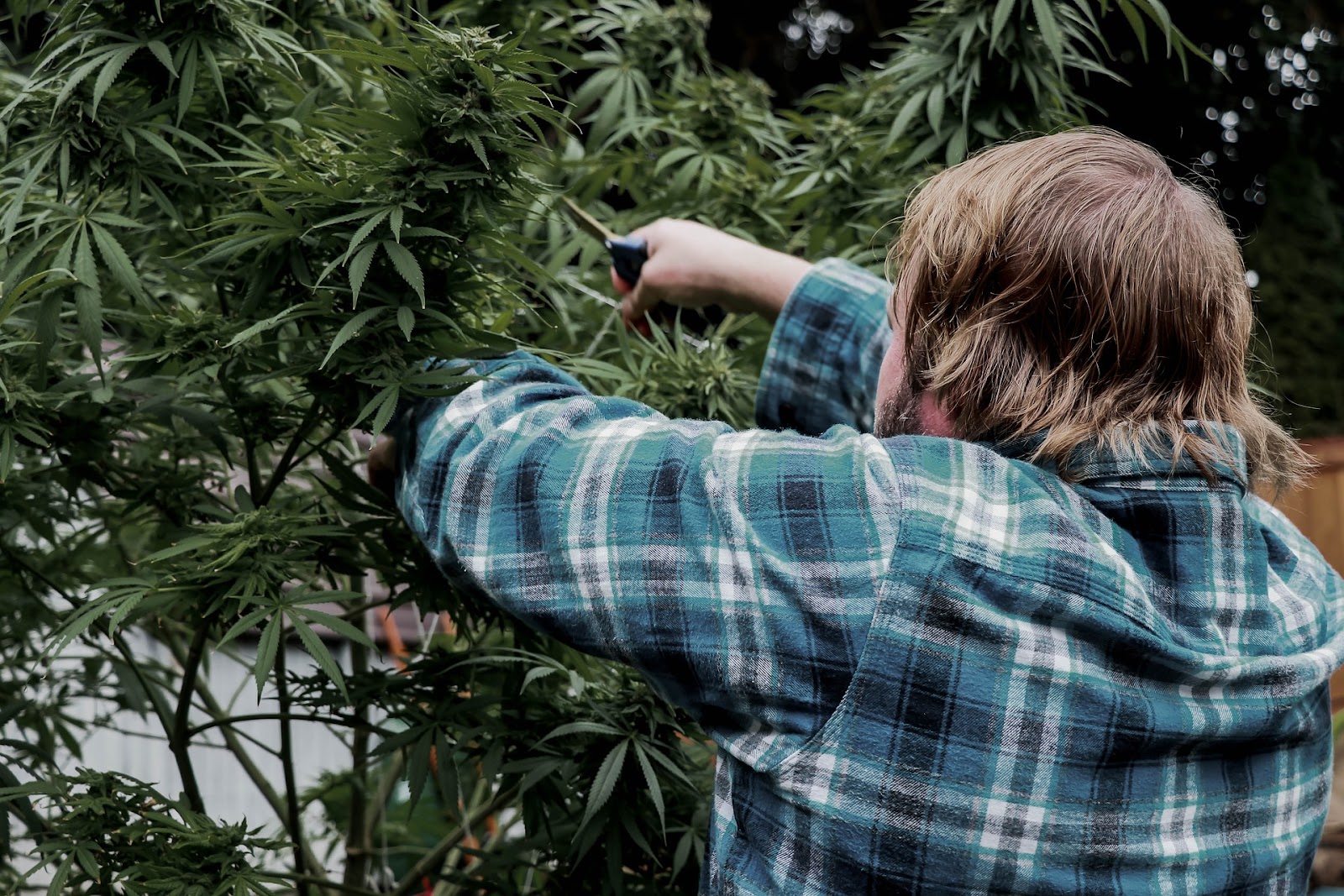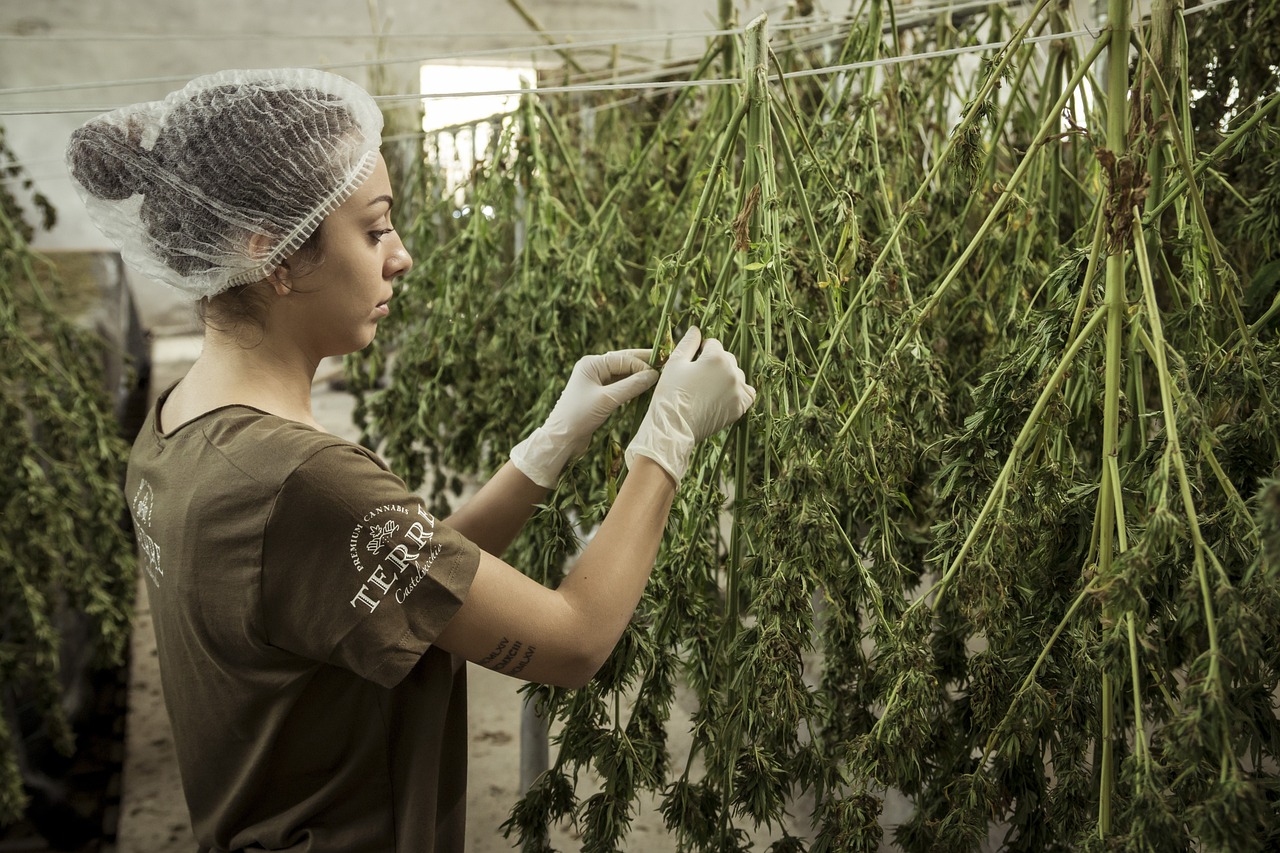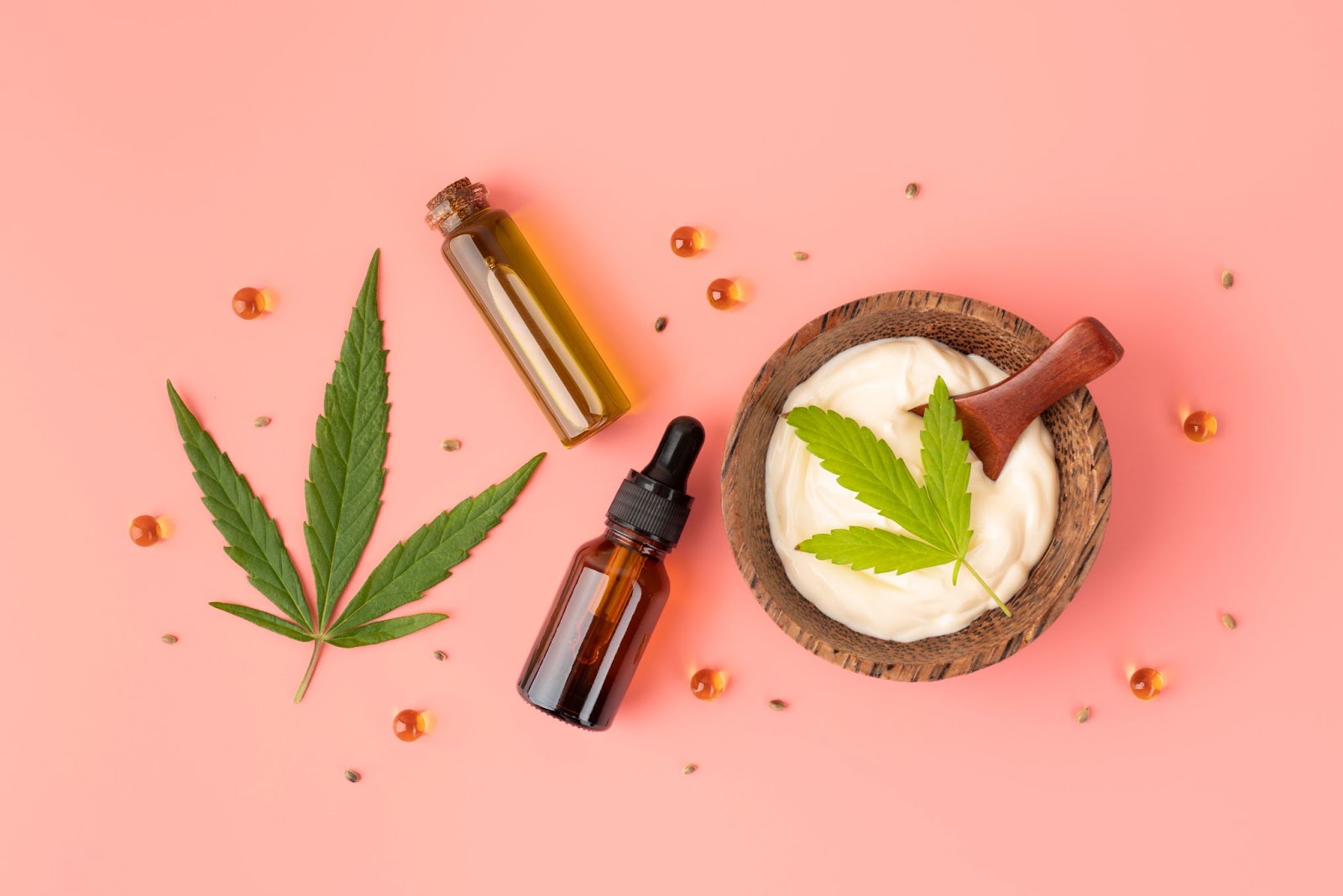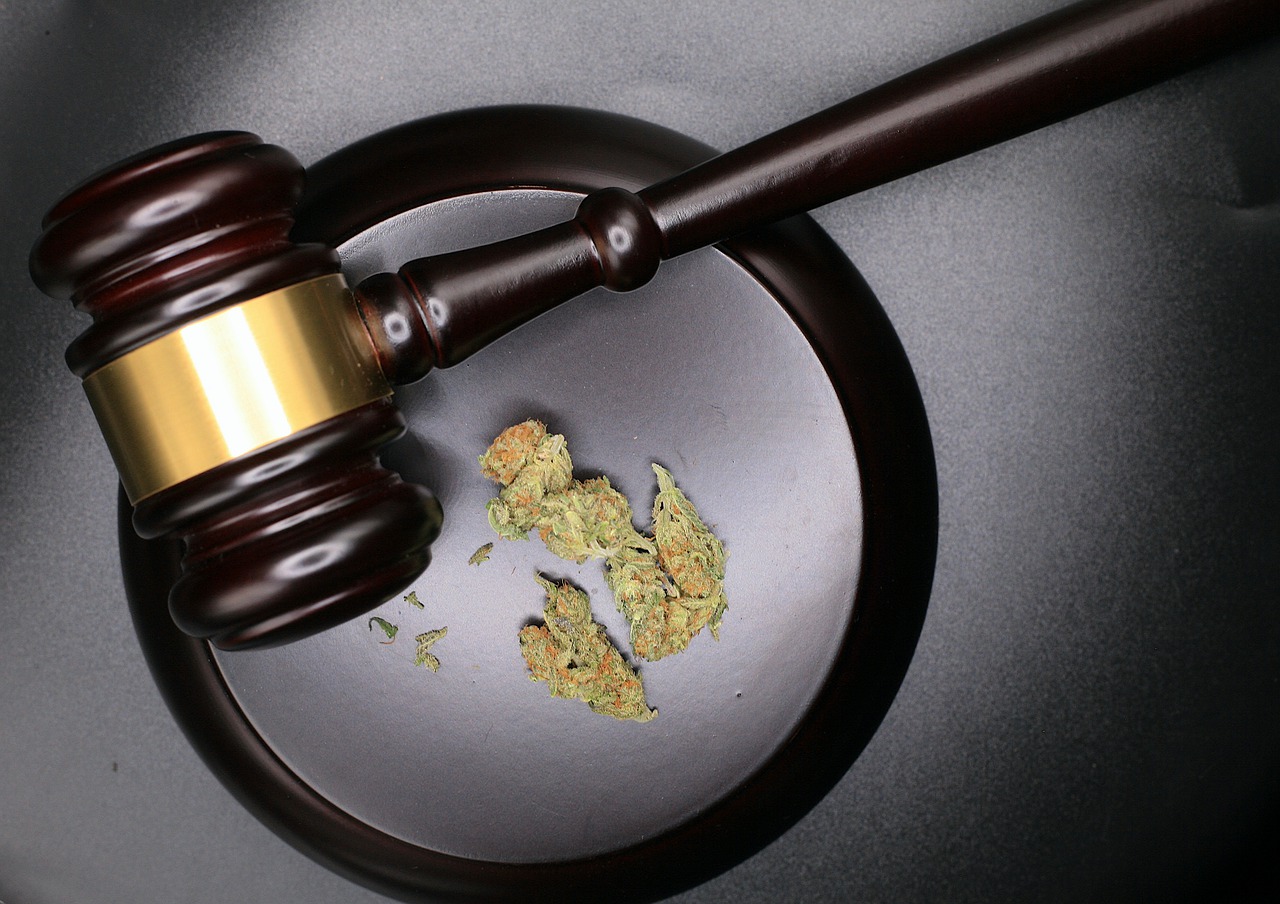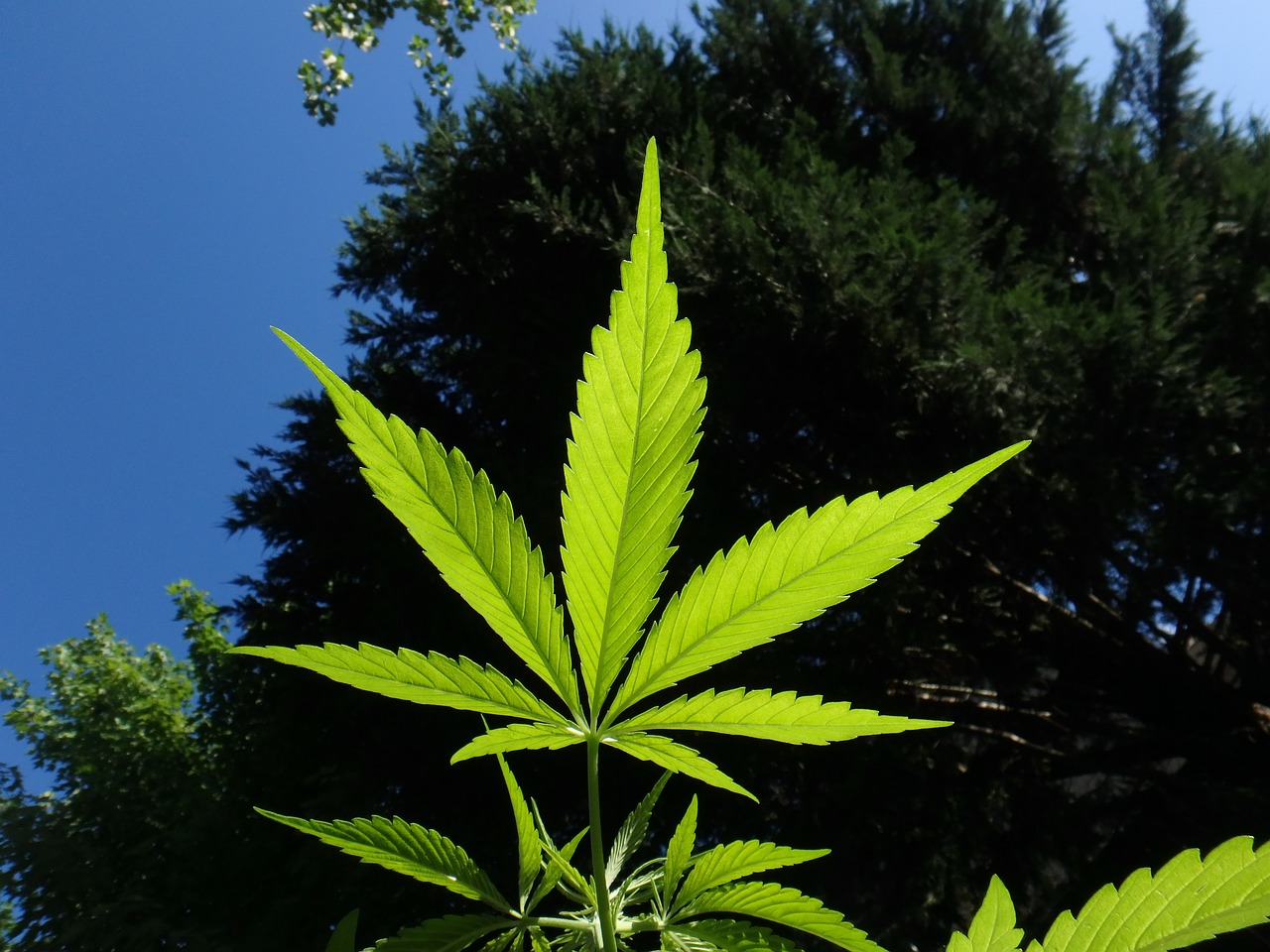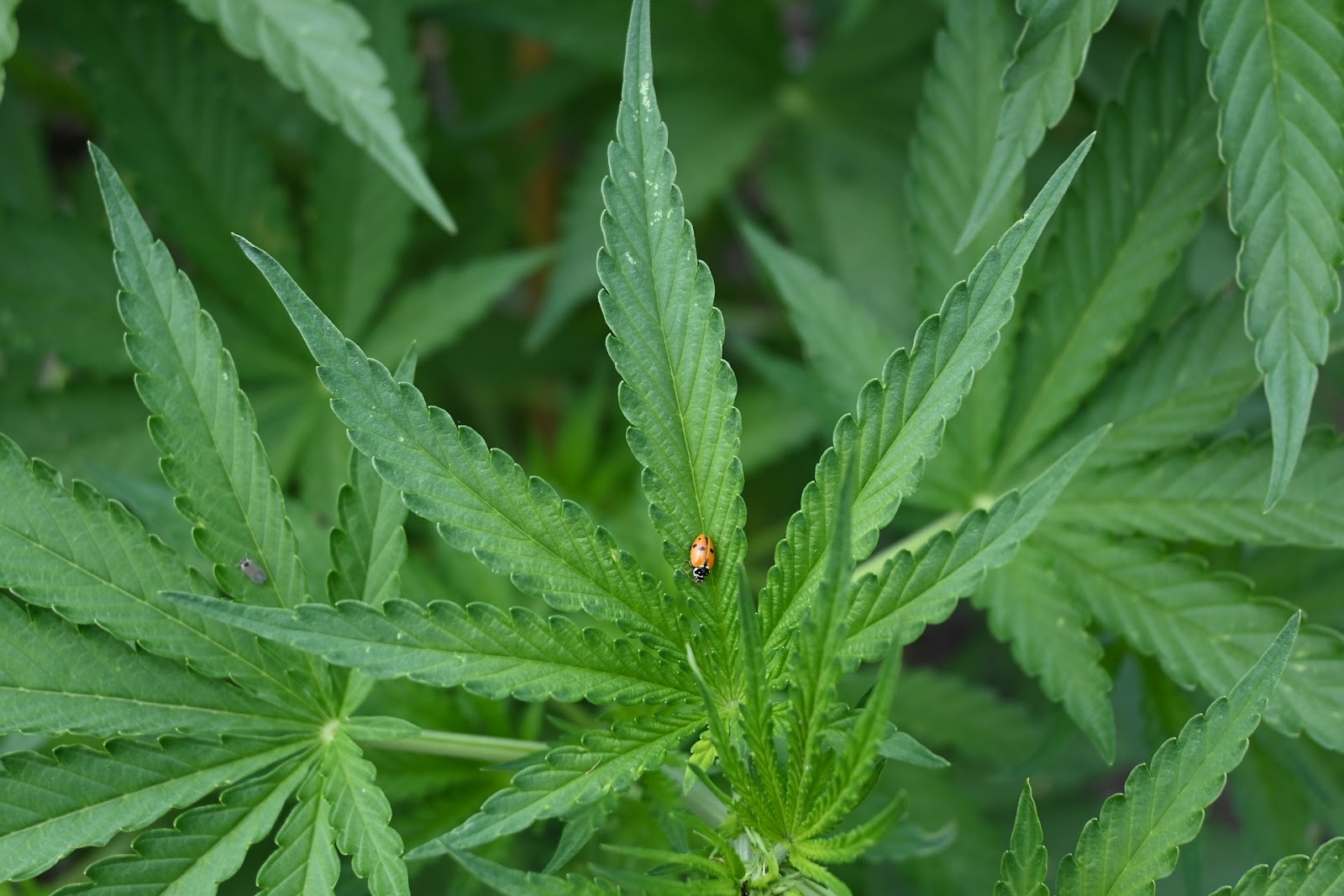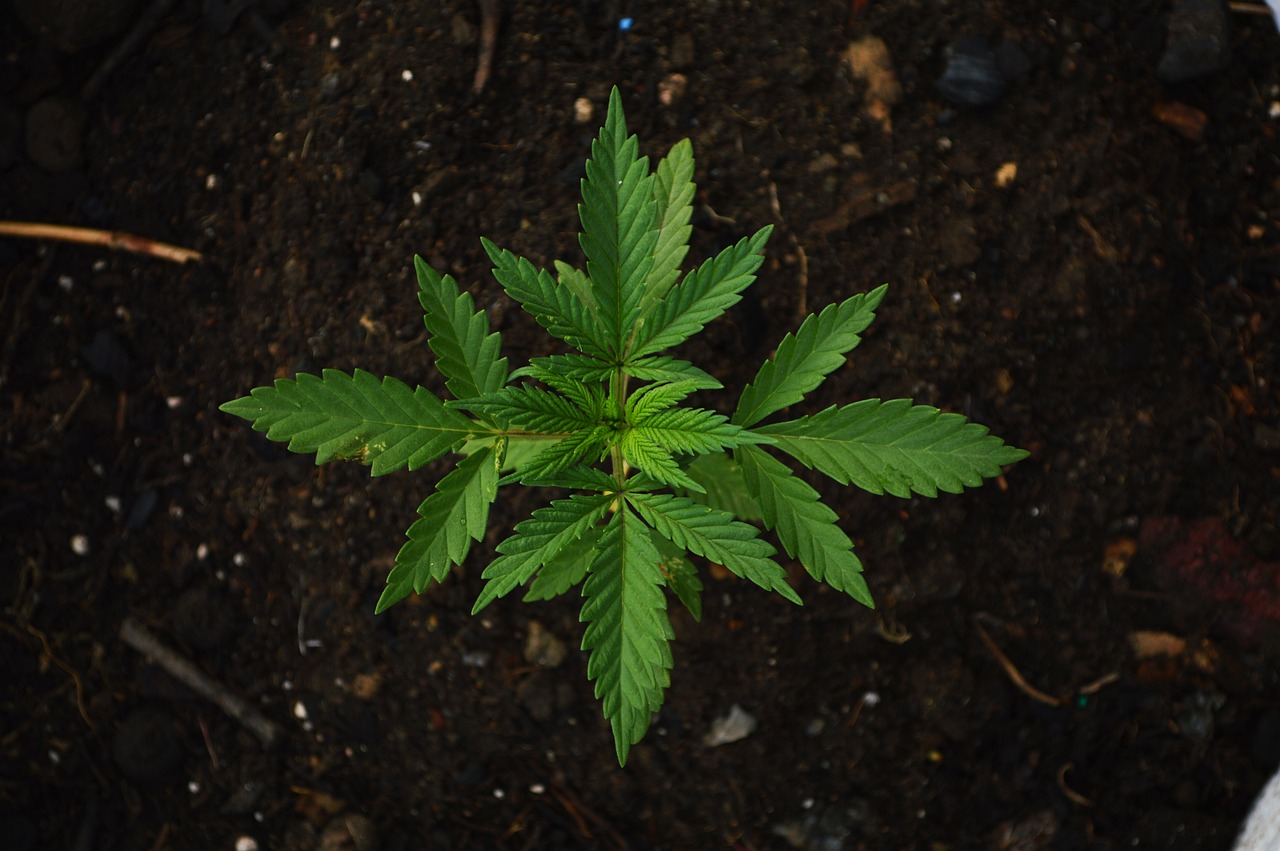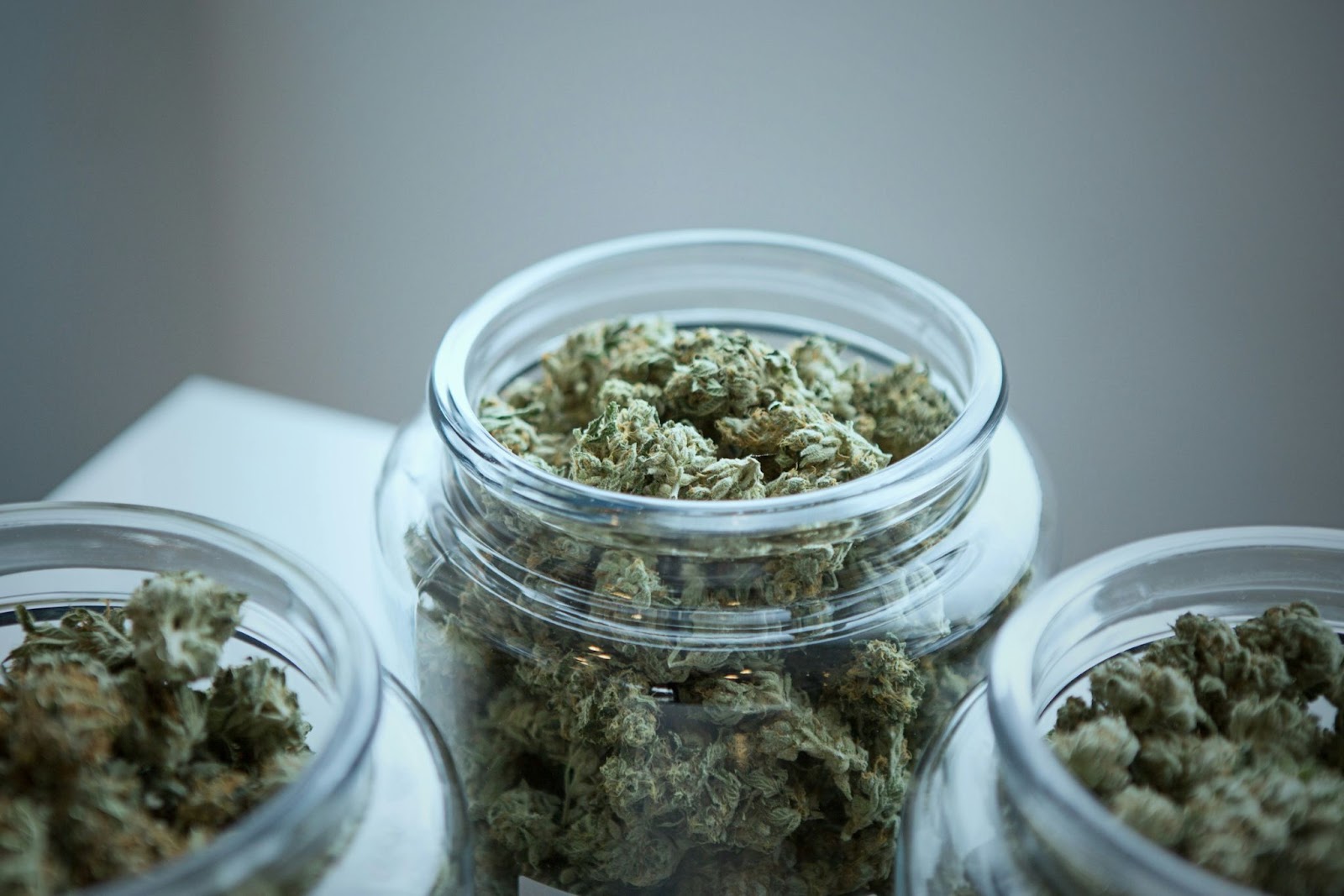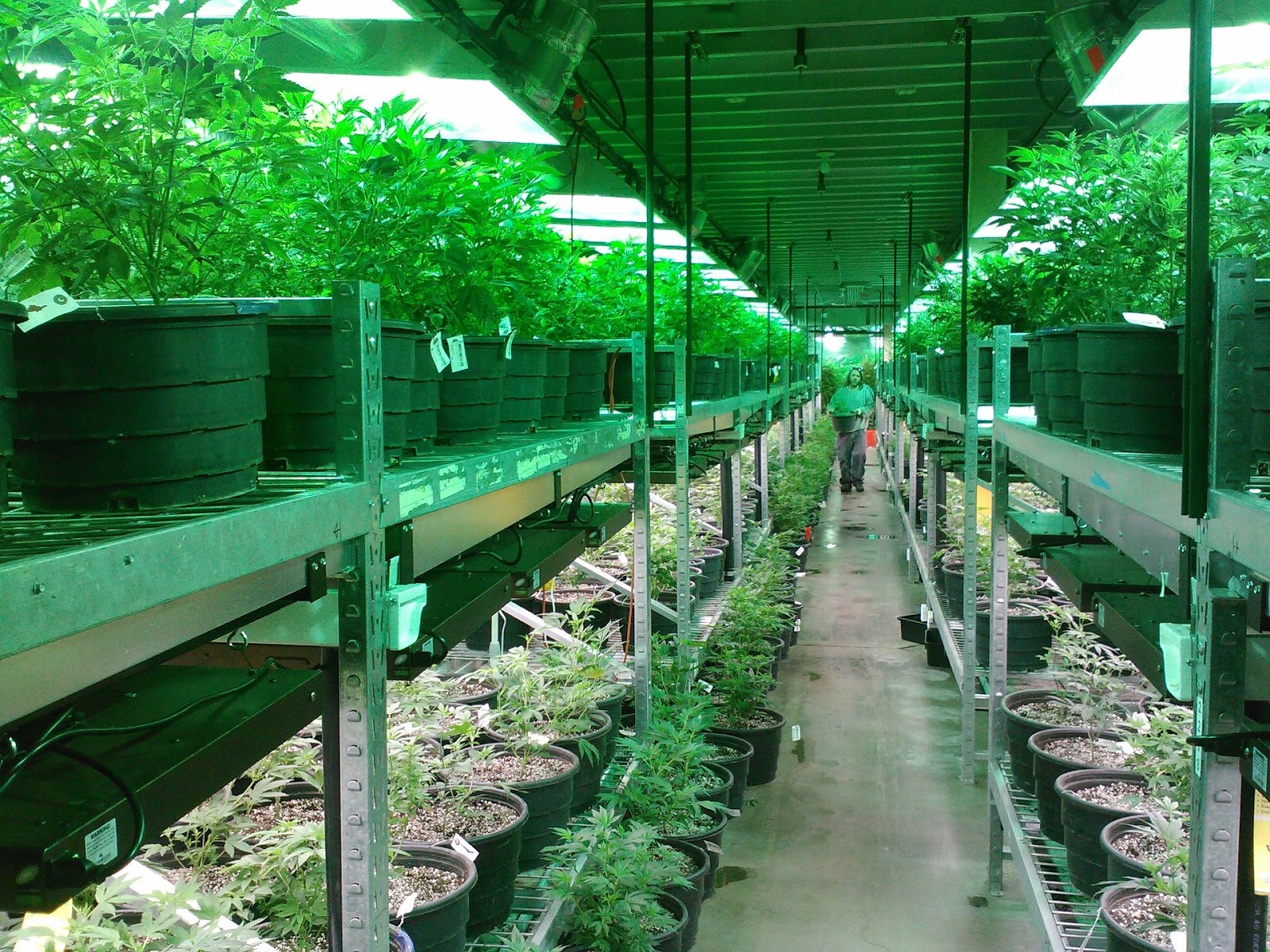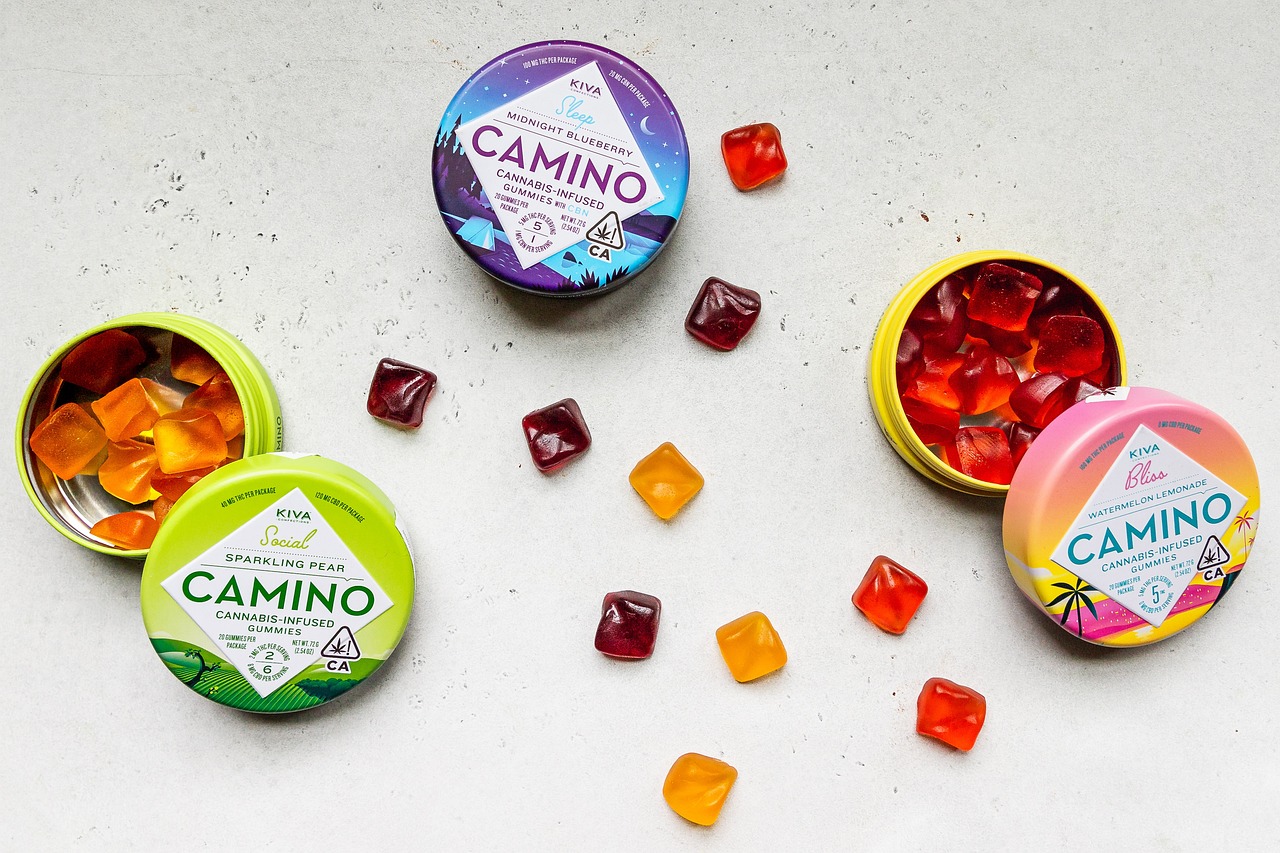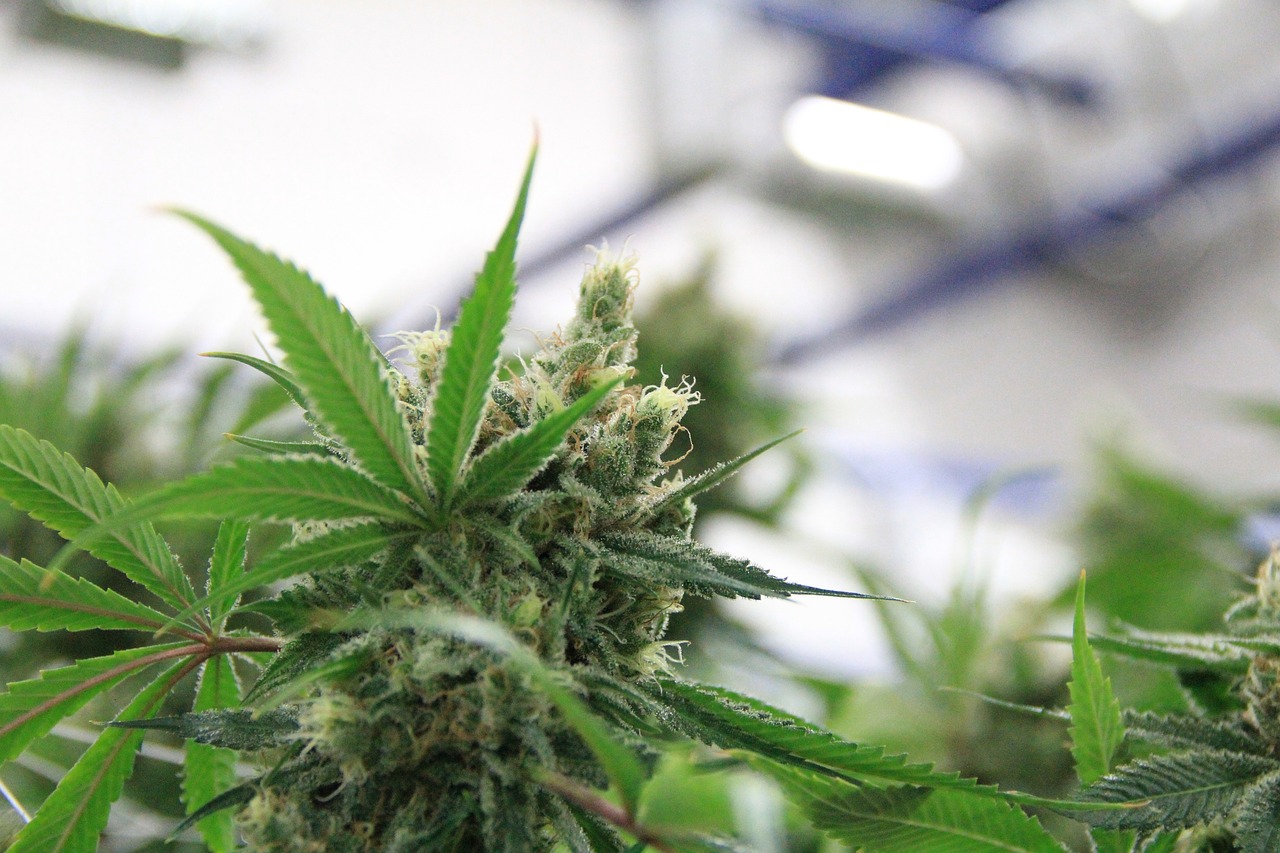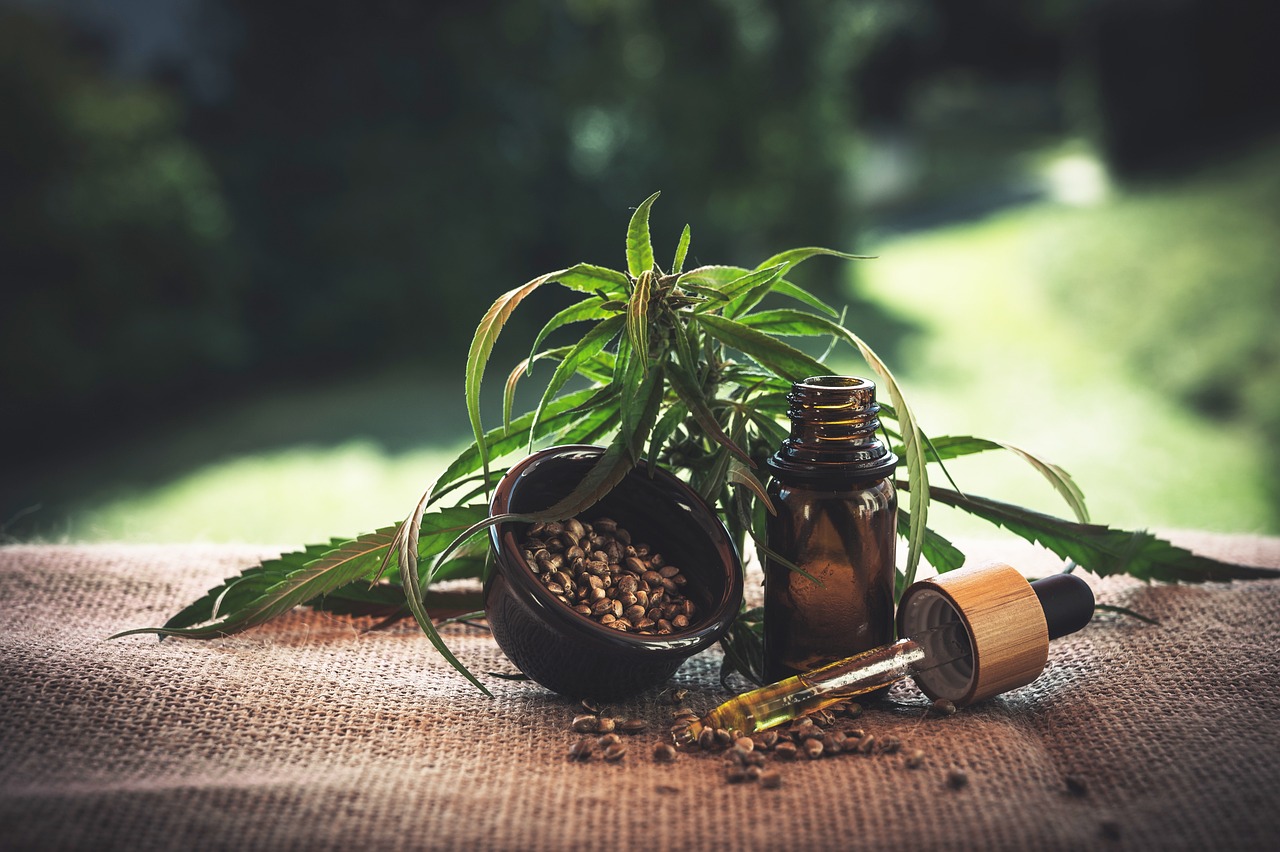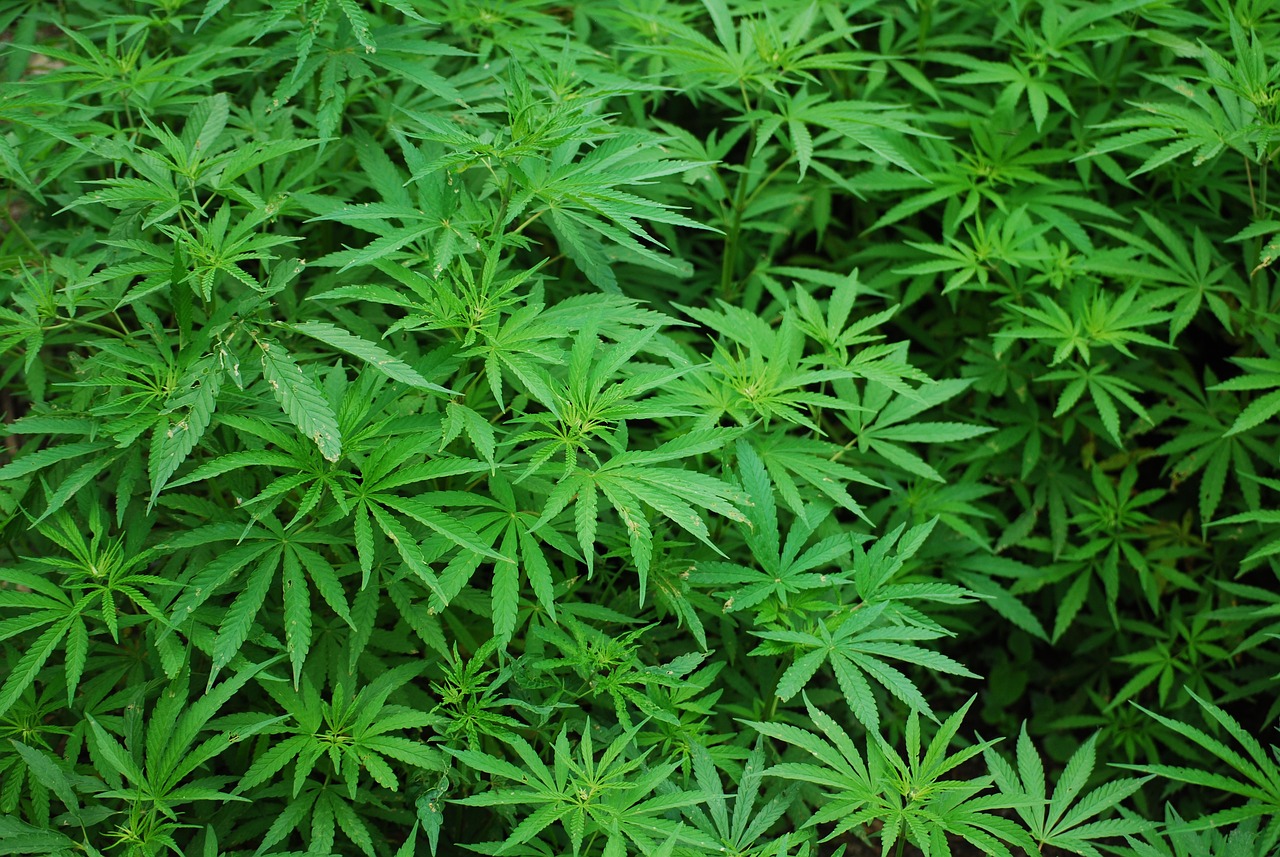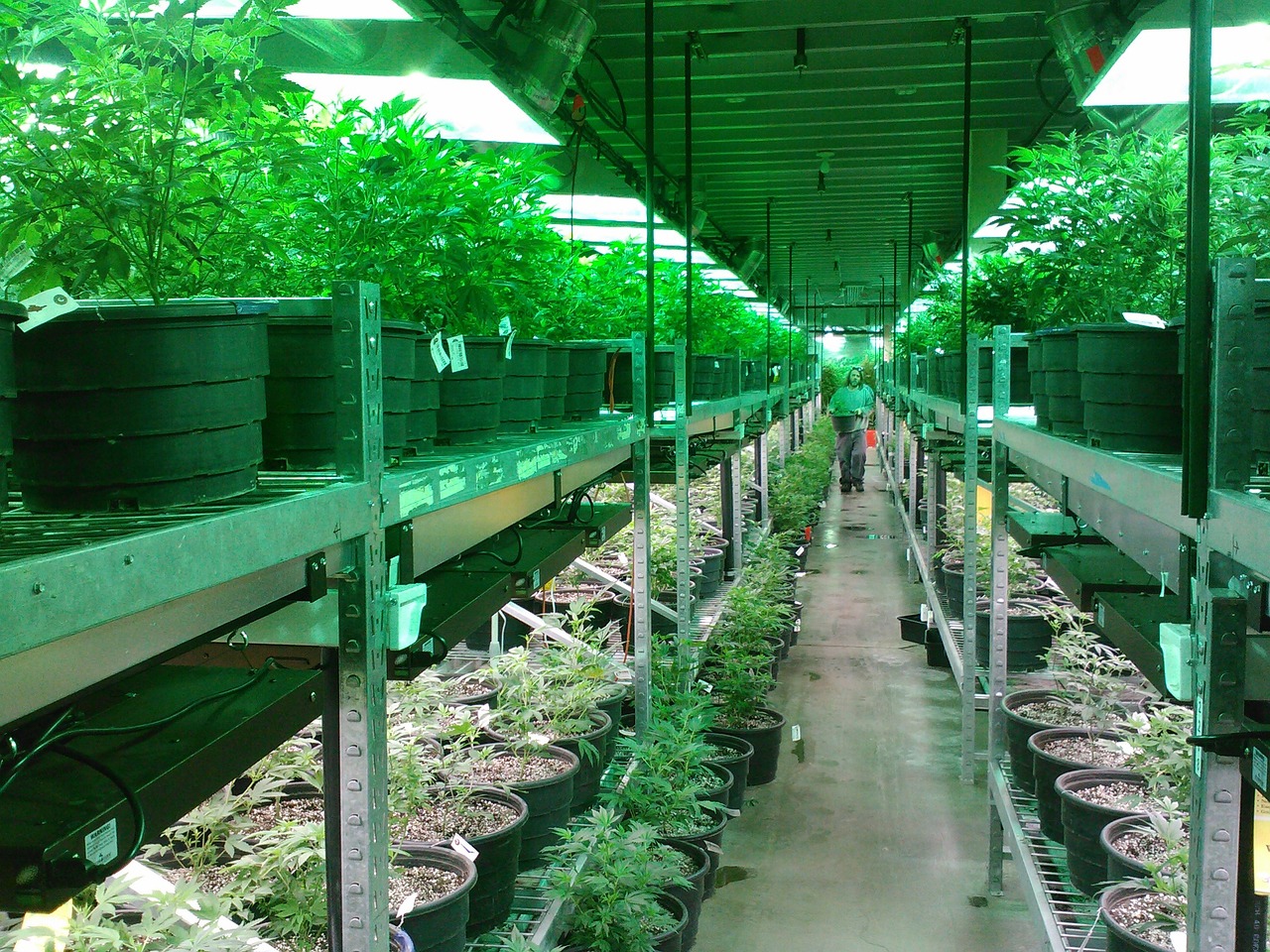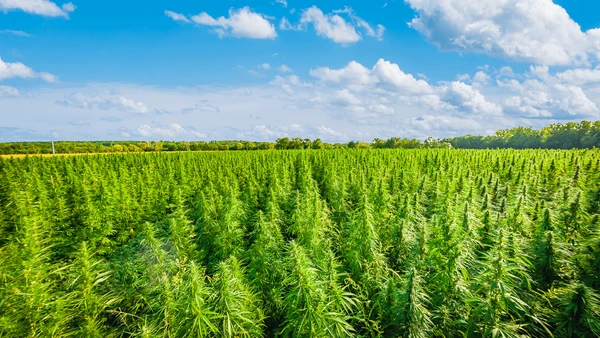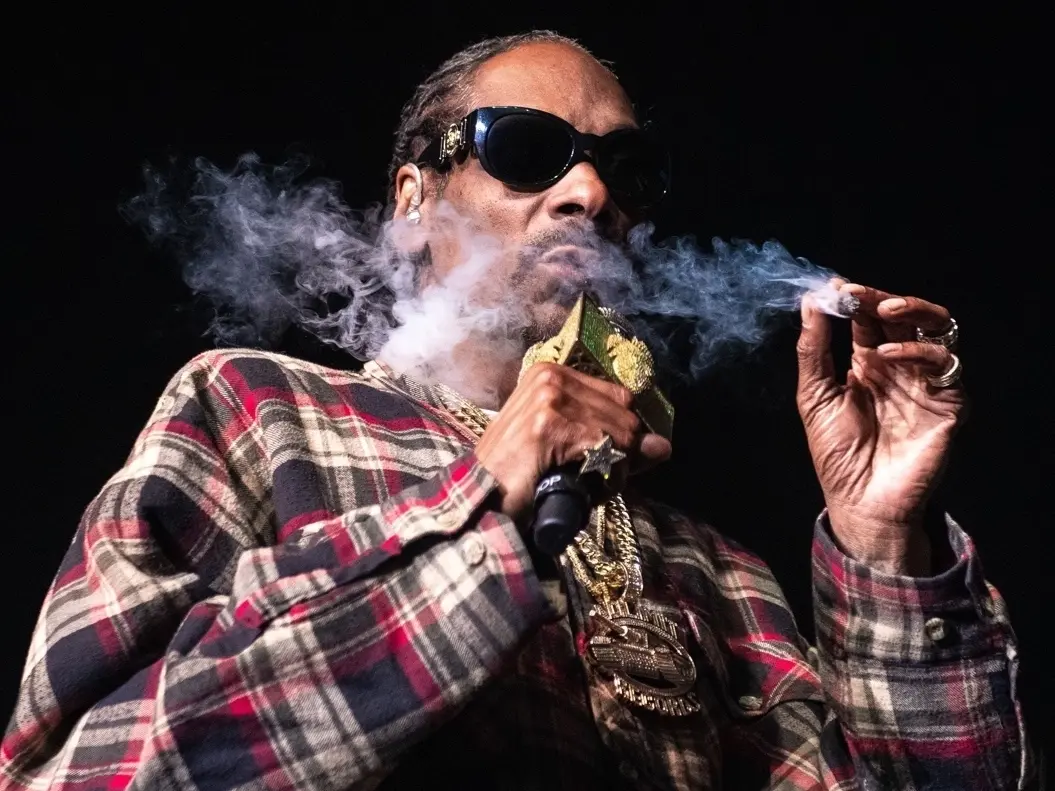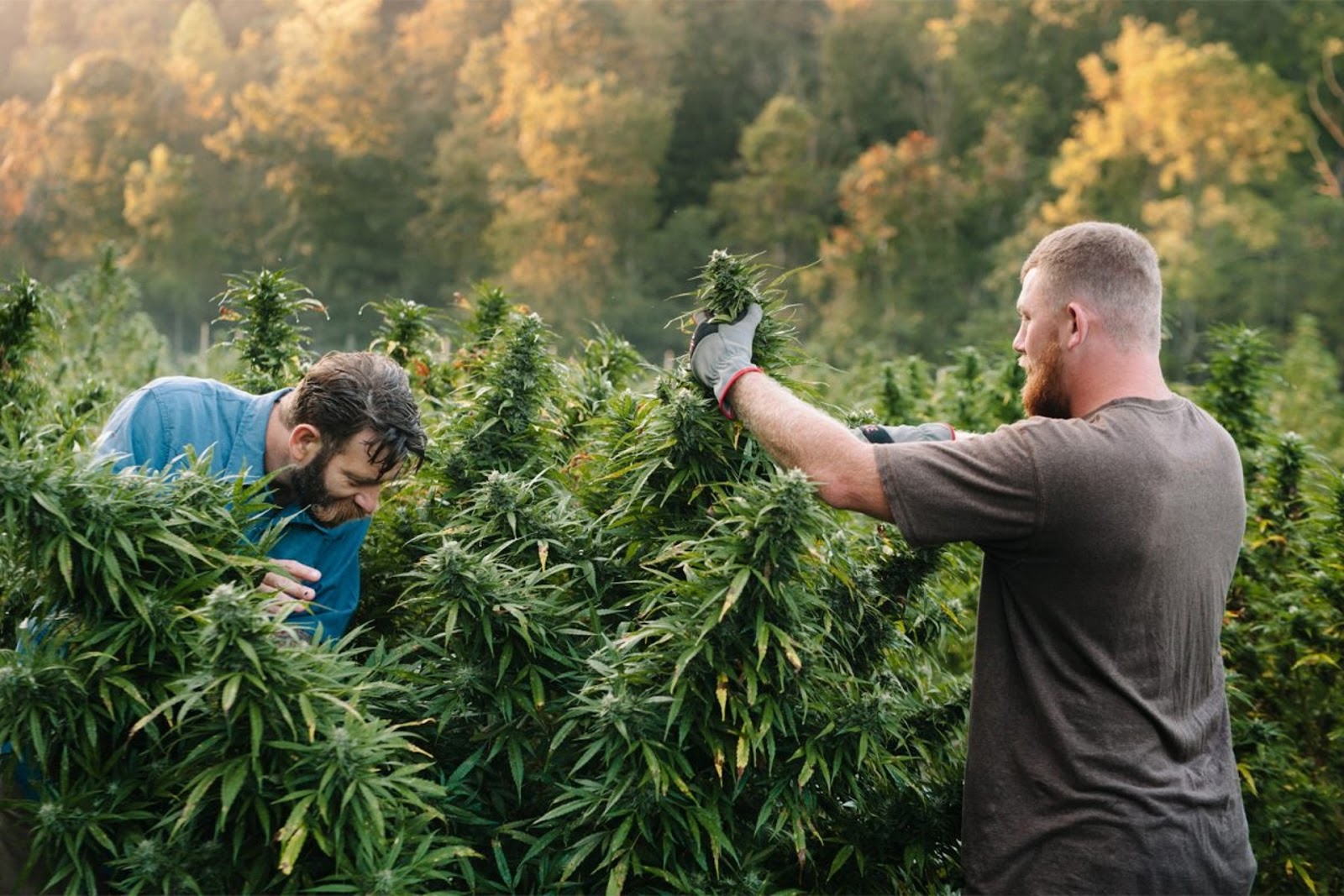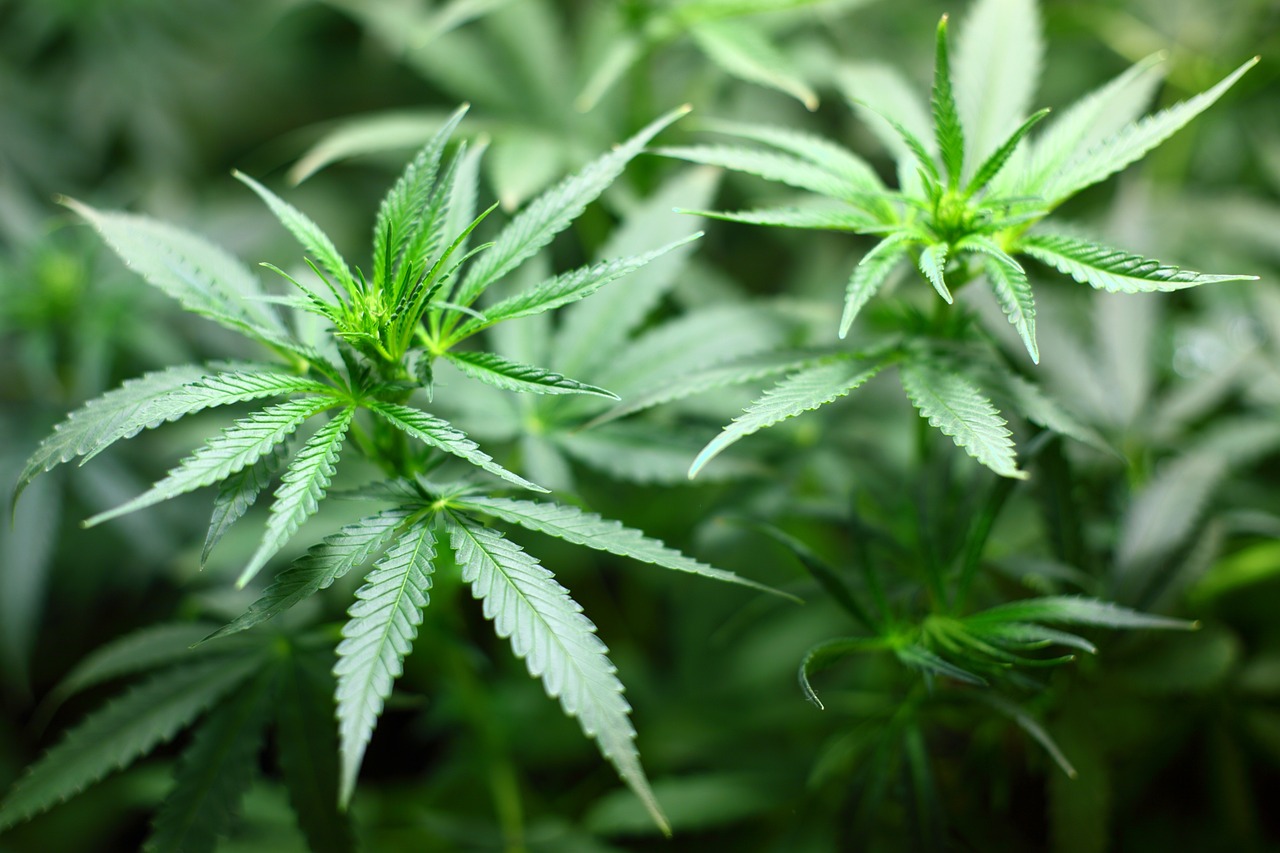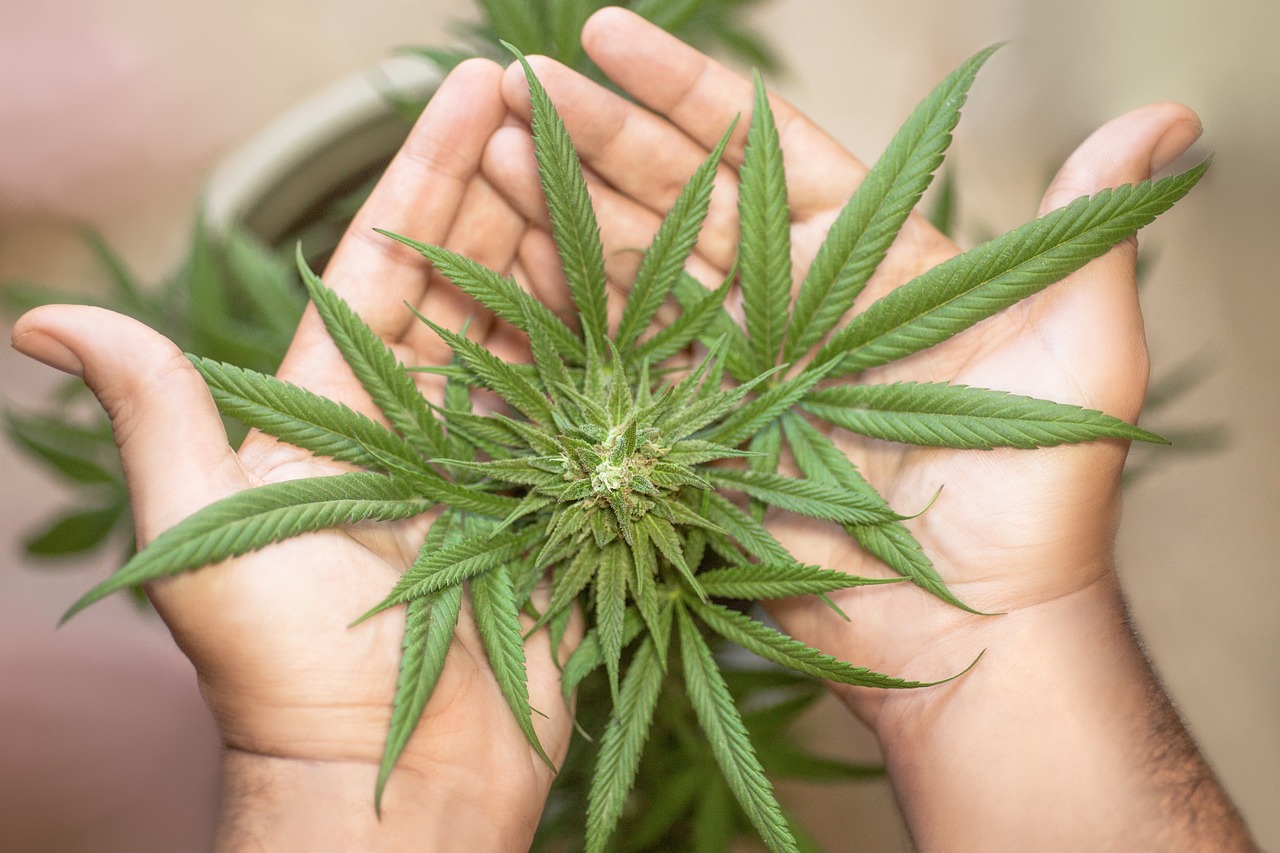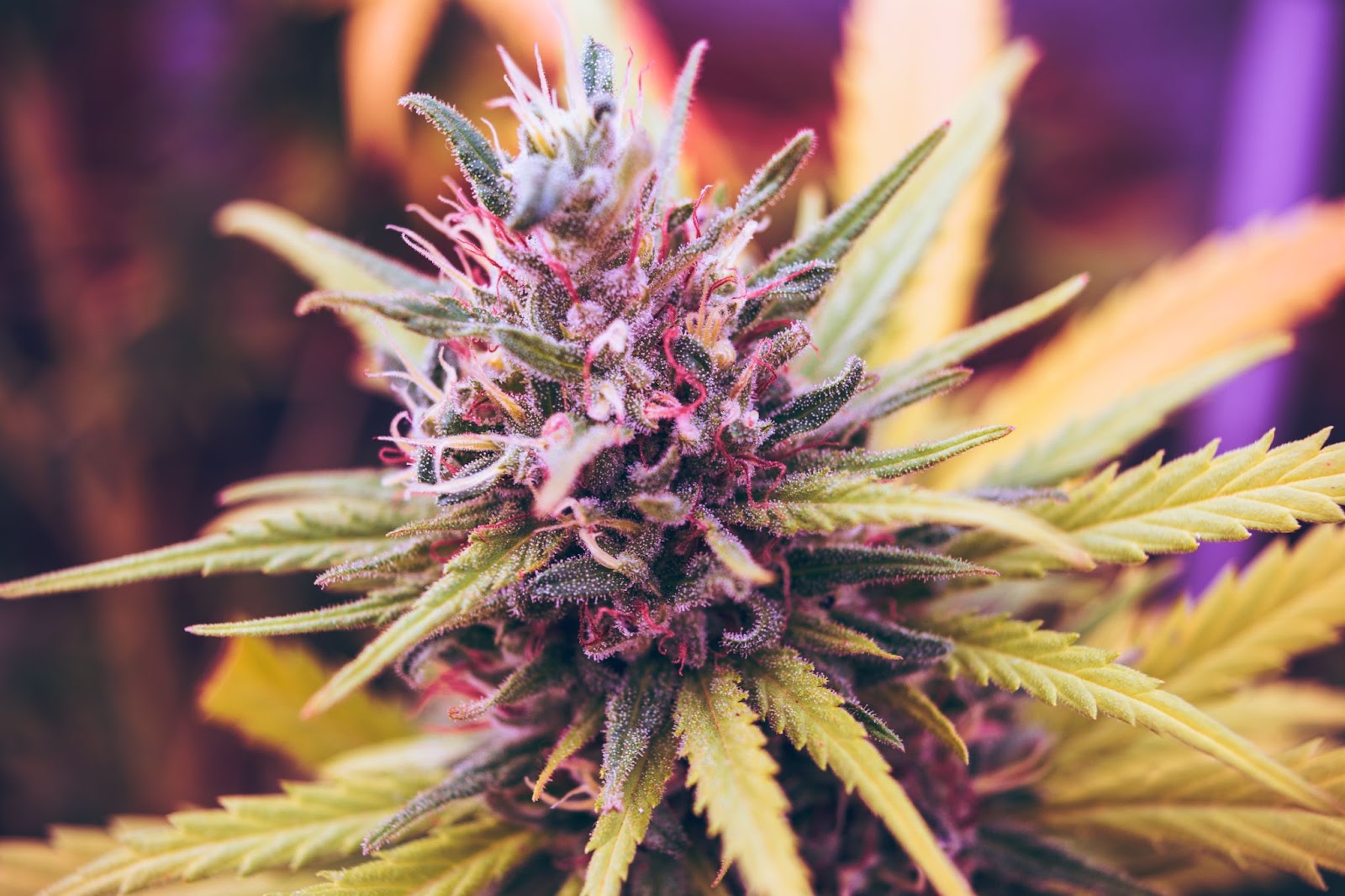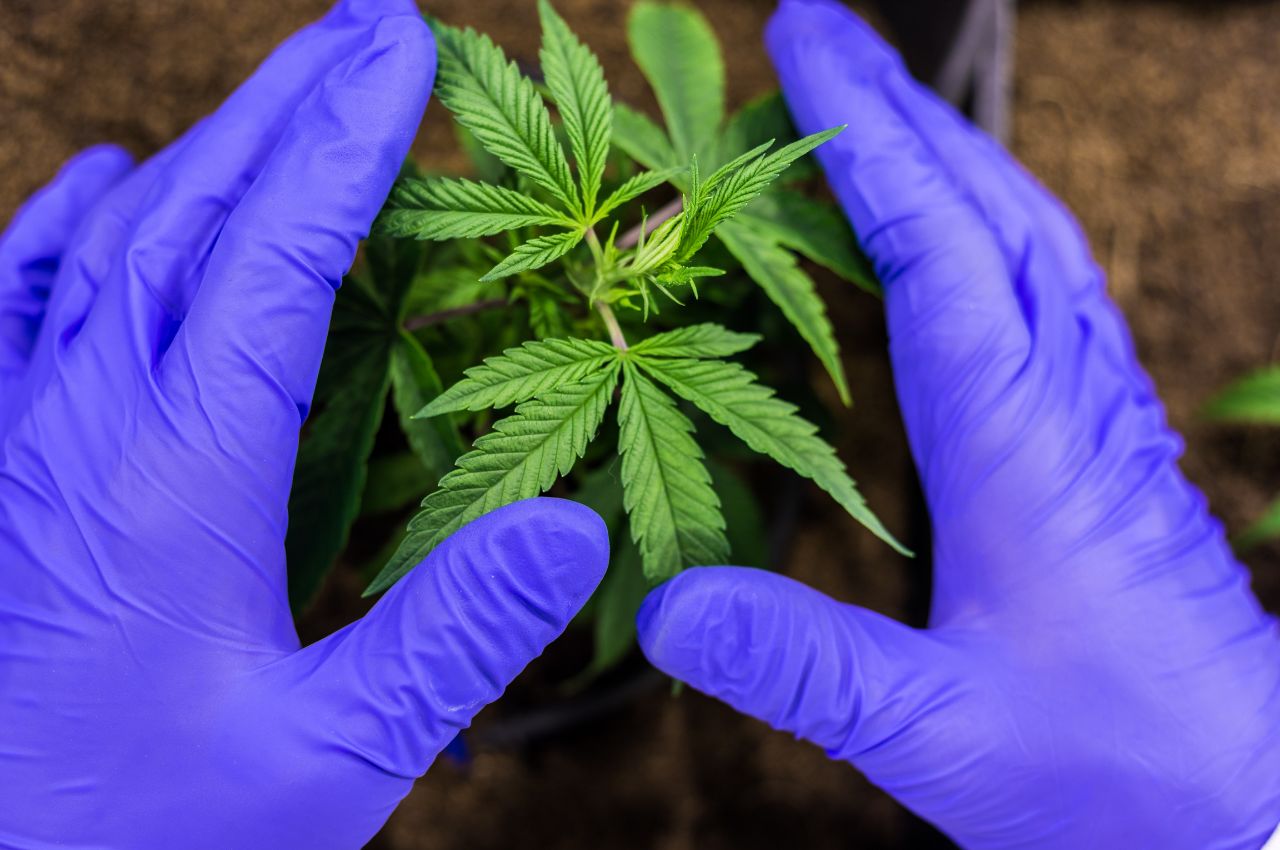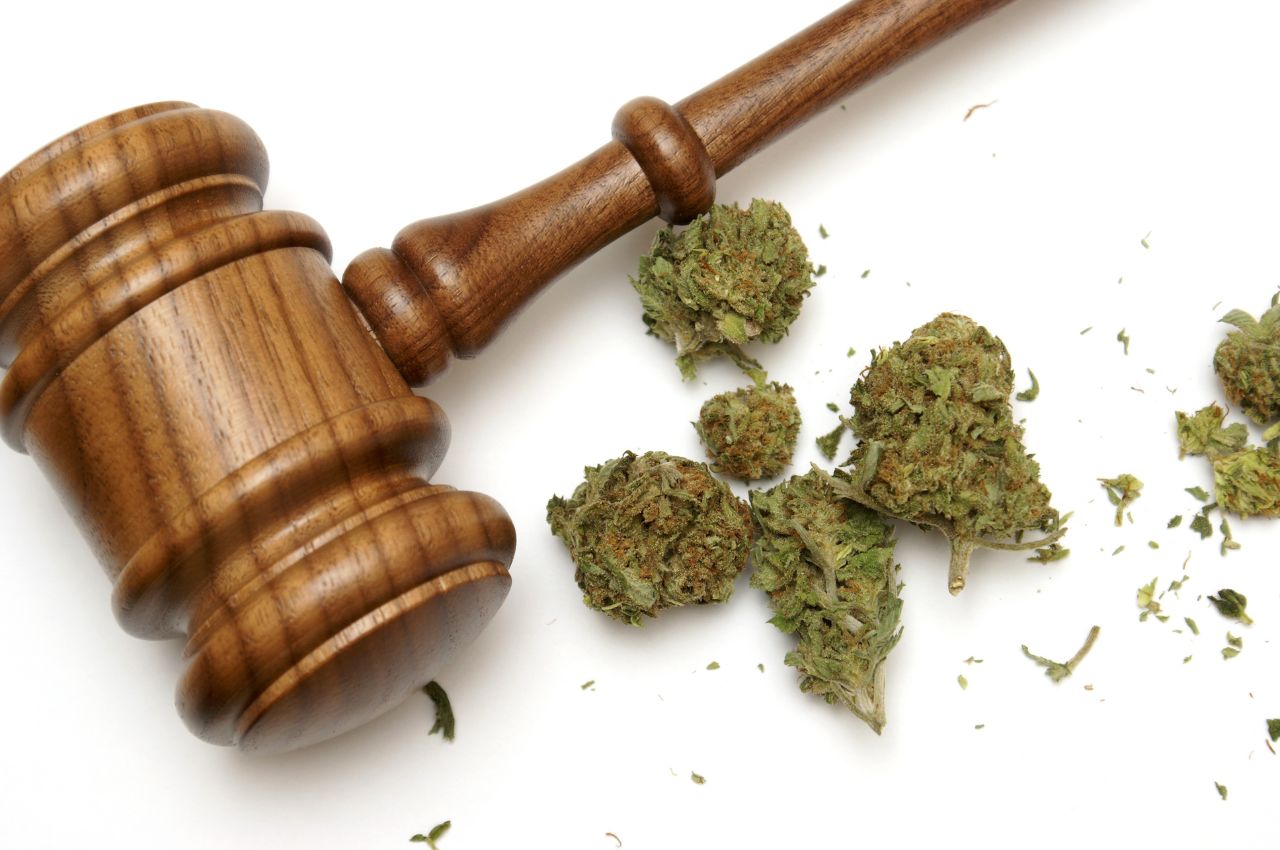Notwithstanding strong resistance from industry players, the Florida Legislature has taken a critical step forward with a measure intended to regulate the state’s rapidly expanding hemp business. Sen. Colleen Burton, a Republican from Polk County, sponsors Senate Bill 1698, a proposed law that would significantly restrict hemp products. The bill has sparked intense controversy in the state legislature.
The proposed measure would implement several significant changes. The first of them is the limiting of THC levels in hemp products, with a restriction of 2 mg per serving and 10 mg per container. The list of hemp products that would be considered “attractive to children” would also be enlarged to include flavored hemp extracts meant for inhalation and containers with specific visual components targeted at children. To ensure compliance with authorized sourcing and permitting rules, event organizers organizing hemp-related events must also provide the Department of Agriculture and Consumer Services with a list of participating firms.
The bill’s supporters contend that these steps are necessary to protect the public’s health, especially in light of worries about the rise in dangerous exposures to hemp extracts, particularly in young people. The Florida Poison Information Center’s medical director, Dr. Justin Arnold, expressed support for the law and emphasized how it may reduce health risks and stop unfavorable events related to hemp use.
However, there has been a lot of criticism of the planned laws, mostly from hemp sector participants who are afraid of the adverse effects on their companies. Prosperous hemp market entrepreneurs such as Ashley Guy caution against the introduction of THC limits and other regulations, citing significant limitations on customer choice and impeding sector growth. Opponents contend that excessive regulations will increase production costs and inhibit market growth, endangering the hemp industry’s economic prospects.
SB 1698’s legislative career has been characterized by incremental modifications in response to stakeholder feedback. The bill’s initial versions called for strict THC restrictions, which infuriated industry participants. These limitations were changed in later amendments, which resulted in the complete elimination of THC caps for some products and an emphasis on age limitations for some hemp-derived medications.
There is still a noticeable rift between legislators and business leaders, even if the new regulations must be refined. Democratic state senator from Pinellas County, Darryl Rouson, refuted claims that the law would mean the end of small hemp enterprises, even as he acknowledged the need for regulation. Rouson argued for a more nuanced strategy, arguing that regulatory issues might be addressed while maintaining economic interests by making changes to company models instead of complete closures.
The bill’s author, Colleen Burton, stressed that the legislature’s primary responsibility is to put Floridians’ health and safety ahead of corporate interests. Burton emphasized that the legislature must maintain regulatory standards and that legislation governing the hemp business must balance the interests of the public and private sectors.
The conflict between commercial interests and public health imperatives highlights the difficulty of crafting effective hemp regulatory policies as SB 1698 moves through the legislative process. Because the parties involved in the argument are adamant about their perspectives, how the law will turn out is still being determined, jeopardizing the future of Florida’s hemp business.


